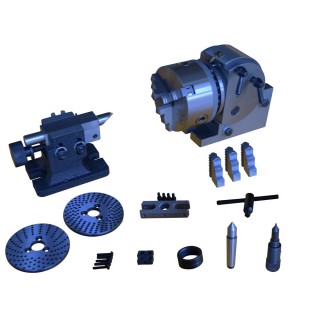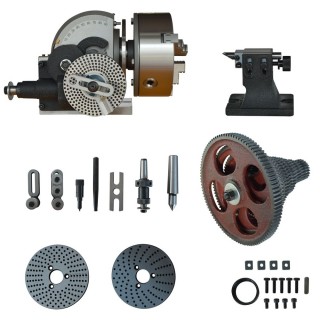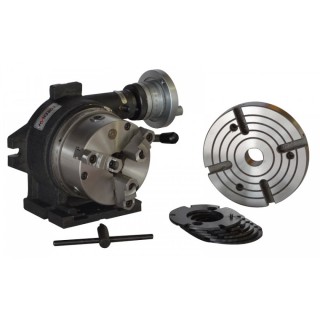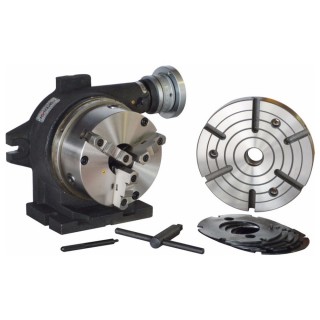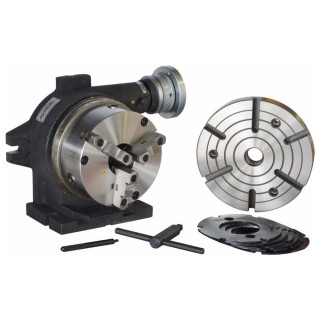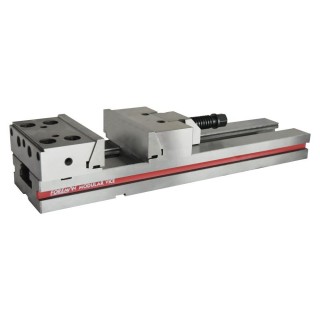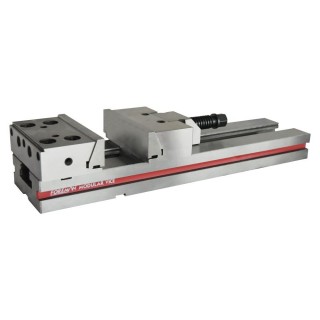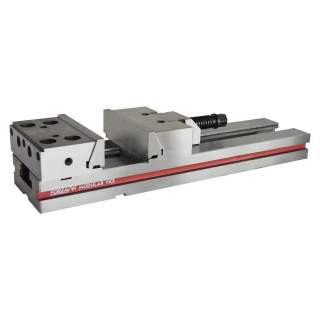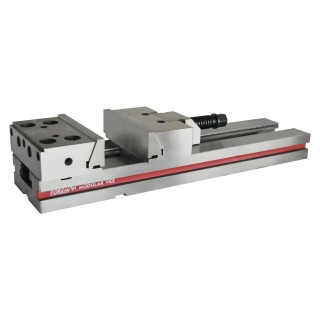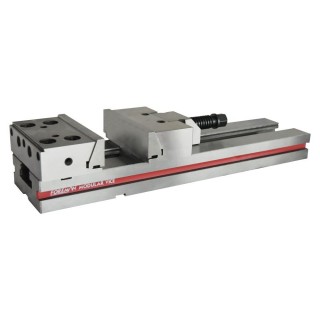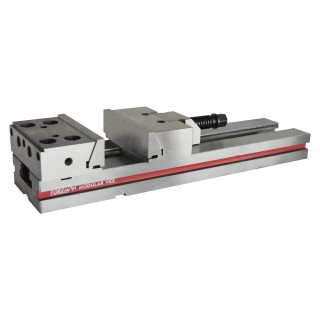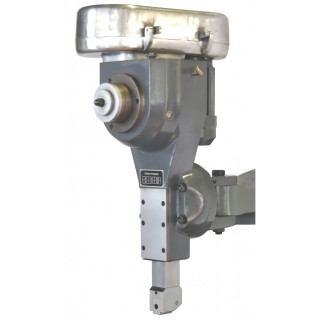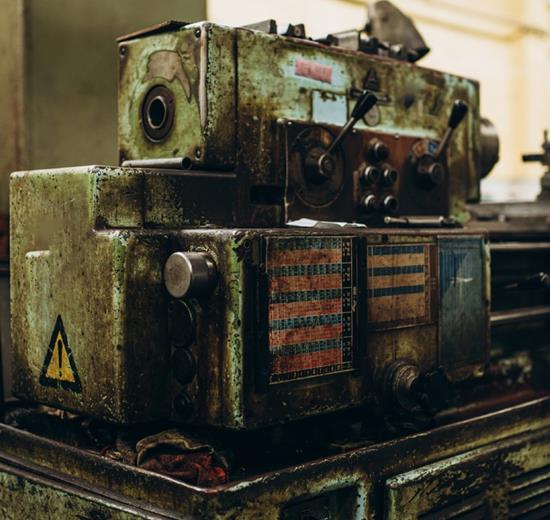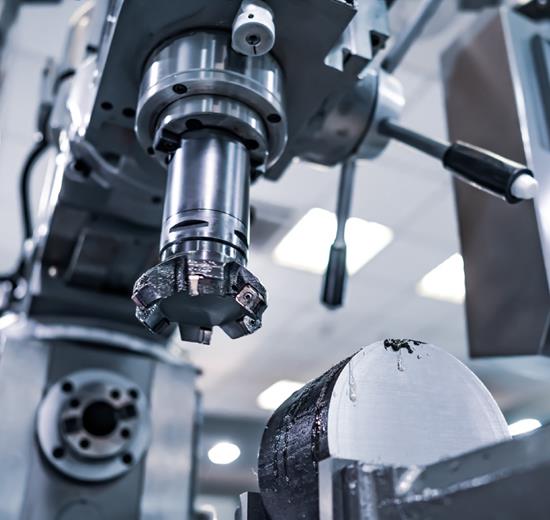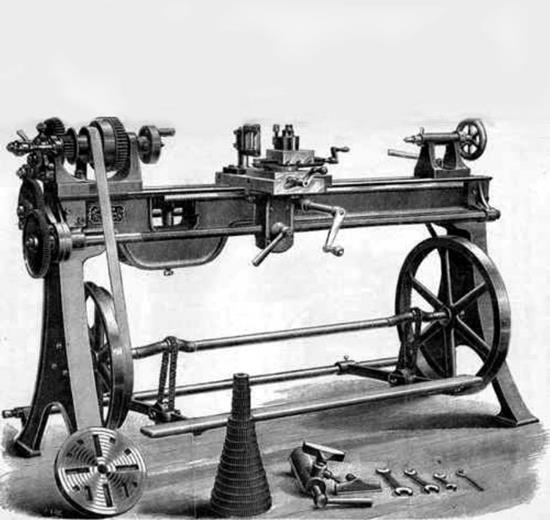Vertical Spindle With Variator
Table Dimensions 700x180 mm
X-Y-Z Axis Movements 495x195x290 mm
± 90 Degree Reclining Head
850 W 220 Volt Motor Power
Vertical Spindle with Variator
Table Dimensions 500x180 mm
X-Y-Z Axis Movements 280x175x280 mm
±90 Degree Reclining Head
850 W 220 Volt Motor Power
Gearbox Driven Vertical Spindle
X, Y, Z Axis Movements 750x200x460 mm
±90 Degree Reclining Head
Automatic Hole Drilling and Tapping
1.5 kW 220 Volt Motor Power
Gearbox Driven Vertical Spindle
X, Y, Z Axis Movements 750x200x460 mm
±90 Degree Reclining Head
Automatic Hole Drilling and Tapping
1.5 kW 220 Volt Motor Power
SIK SORULAN SORULAR
A bench milling machine is milling equipment that is usually designed in compact dimensions and can be placed on a table. Such milling machines are generally ideal for small workshops or hobby-oriented use. Depending on their technical specifications, they can perform operations such as cutting, drilling, engraving on materials such as metal, wood, plastic, and aluminium. bench milling machines are generally preferred for small-scale production of workpieces or prototype work.
Foreman bench milling machines are only used for machining materials such as metal and derivatives. It should not be used to process wood, MDF or similar materials that are dusty.
Bench milling machines are preferred due to various advantages:
Ease of Use: They usually have user-friendly interfaces and simple control systems.
They are easy to learn and use machines suitable for hobby users and beginners.
Compact and Portable: Bench milling machines are ideal for workshops or hobby workshops with limited space thanks to their small size. In addition, thanks to its small size, it can be easily transported to different places when needed.
Economical: Compared to large industrial milling machines, they are more economically priced. It is a cost-effective option for hobbyists and small businesses.
Various Applications: Cutting, drilling and engraving operations can be performed. It can be used for different applications such as prototyping, small part production, model making.
Education and Learning: Ideal for learning and teaching purposes for educational institutions and individual users. It can be used in engineering, design and prototyping training.
Flexibility: Different operations can be performed with various cutting tools and accessories. It has modifiable and expandable features.
For these reasons, Bench milling machines are preferred by a wide range of users, from hobbyists to small-scale production enterprises.
Here are some important factors to consider when choosing a bench milling machine:
Intended Use and Materials: The materials you will process (wood, plastic, metal, etc.) and the type of your projects (model making, prototyping, small part production) will determine the choice of machine.
Machine Size and Workspace: The physical dimensions and machining capacity of the Bench milling machine must be appropriate for your workspace. You need to consider how much space the machine takes up on the table top and the maximum dimensions of the workpieces.
Power and Motor Capacity: The motor power and capacity of the machine should be suitable for the type and thickness of the materials you will process. More powerful motors are required for harder materials.
Price and Budget: Determine your budget and choose the most suitable machine according to the price/performance ratio. Try to balance between economical options and professional models.
Durability and Quality: The build quality and durability of the machine are important for long-lasting use. Choose a machine made of robust materials and well assembled.
Accessories and Spare Parts Support: Accessories and spare parts support that come with the machine or can be retrofitted are important. A variety of router bits, holders and other accessories can enhance the success of your projects.
User Reviews and References: Review reviews and testimonials from other users before purchasing a machine. Finding out about the manufacturer or seller can also influence your decision.
Technical Service and Spare Parts: It is important to choose a brand with fast and effective technical service and spare parts stock in case of problems.
By considering these factors, you can choose the most suitable bench milling machine for your needs and budget.
The things to be considered in bench milling machine maintenance are as follows.
Cleaning: Clean the machine from sawdust, dust and residual materials after use. Remove debris from the inserts and table with a clean brush or air blast. Keep electrical connection points and switches dry and clean.
Lubrication: Lubricate the guide rails and ball screws with the recommended oil. Lubricate moving parts on the machine to ensure smooth movement.
Connection Checks: Check all screws and fasteners for tightness. Tighten loose parts and re-fasten as necessary.
Electrical and Engine Checks: Inspect the electrical wiring and connections, check for damage or wear. Observe the performance of the motor, check for overheating or abnormal noises.
Guide Rail Cleaning: Clean the guide rails and bearings from dirt and dust. Lubricate the rails and ball screws after cleaning.
General Inspection and Calibration: Perform a general inspection of the machine and calibration as recommended by the manufacturer. Check wear condition of sensitive parts and replace as necessary.
Spare Parts and Updates: Replace worn or damaged parts. Check your machine for software and hardware updates and update if necessary.
General Maintenance Tips: Check the coolant level regularly. Make sure that the lubrication systems are working properly. Check the condition of the inserts and replace them if necessary. Improve machining quality by using the correct inserts. Provide regular training to ensure that operators use the machine correctly and safely.
Review the machine manual and maintenance instructions regularly. These steps will ensure that you maintain your bench milling machine correctly and effectively. It is always best practice to follow the maintenance instructions and manuals provided by the manufacturer.
We provide the fastest service to our customers with our rich spare parts stock and professional service network for bench milling machine models. Original spare parts are supplied by Foreman instead of third party sellers. You can contact us when you encounter any problems with bench milling machines.
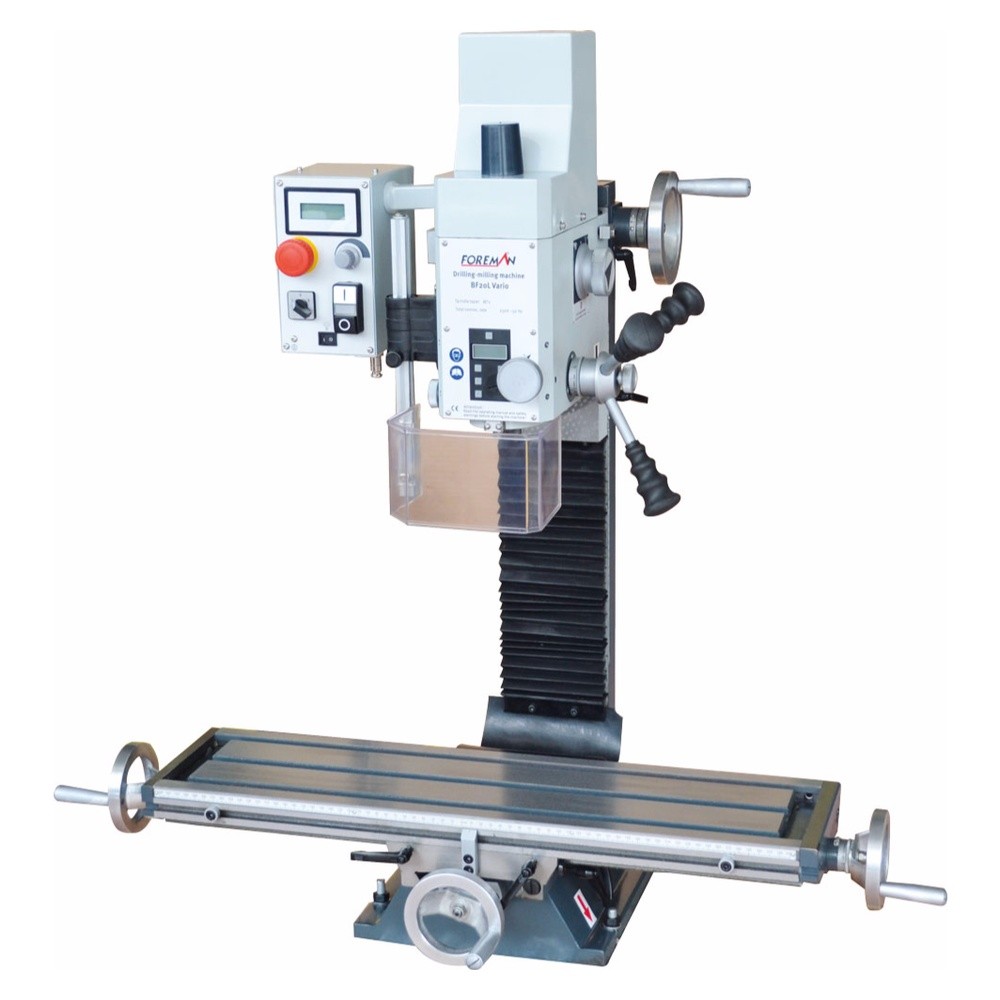
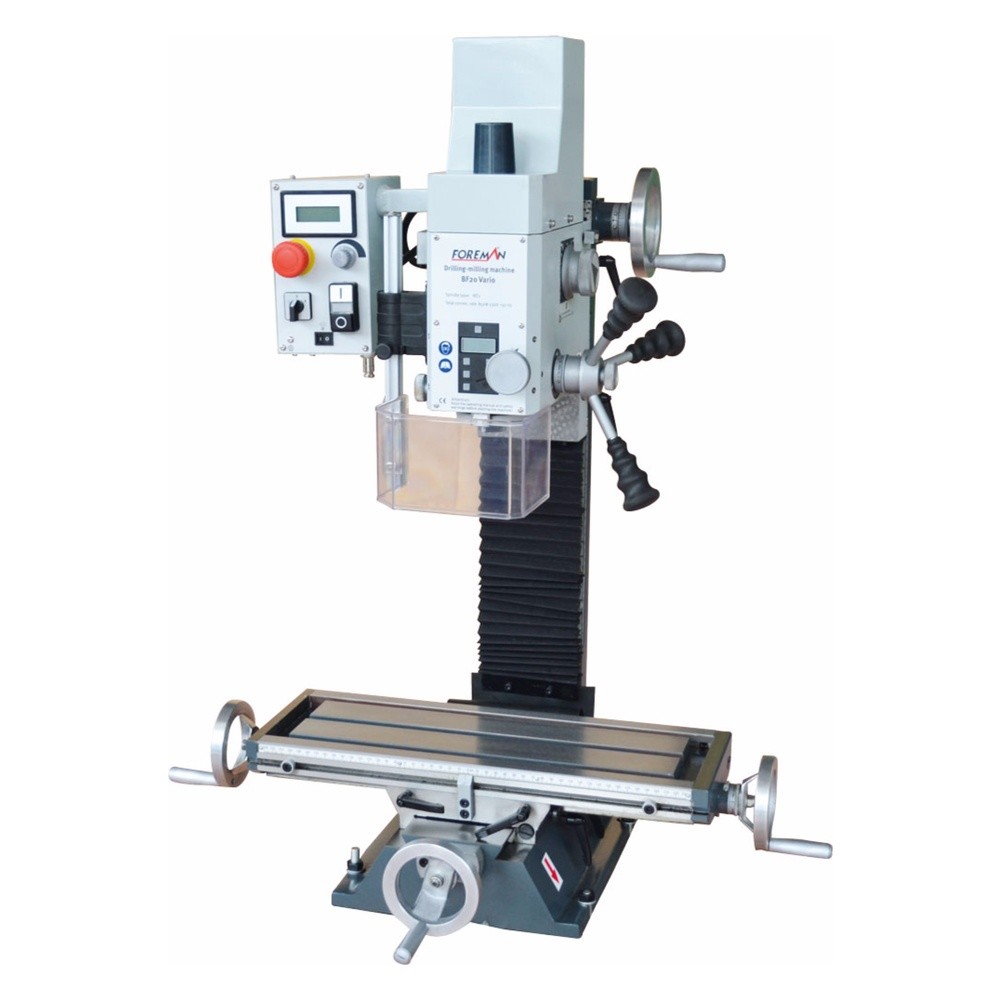
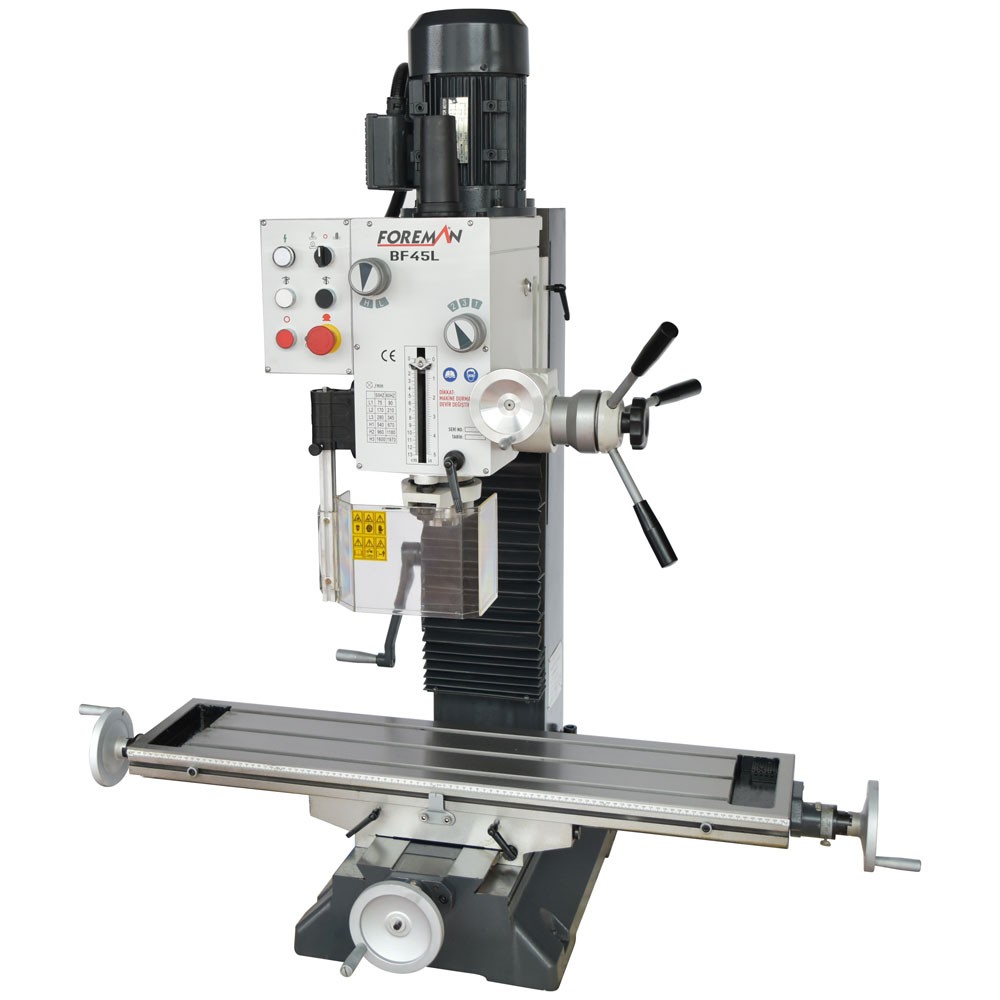
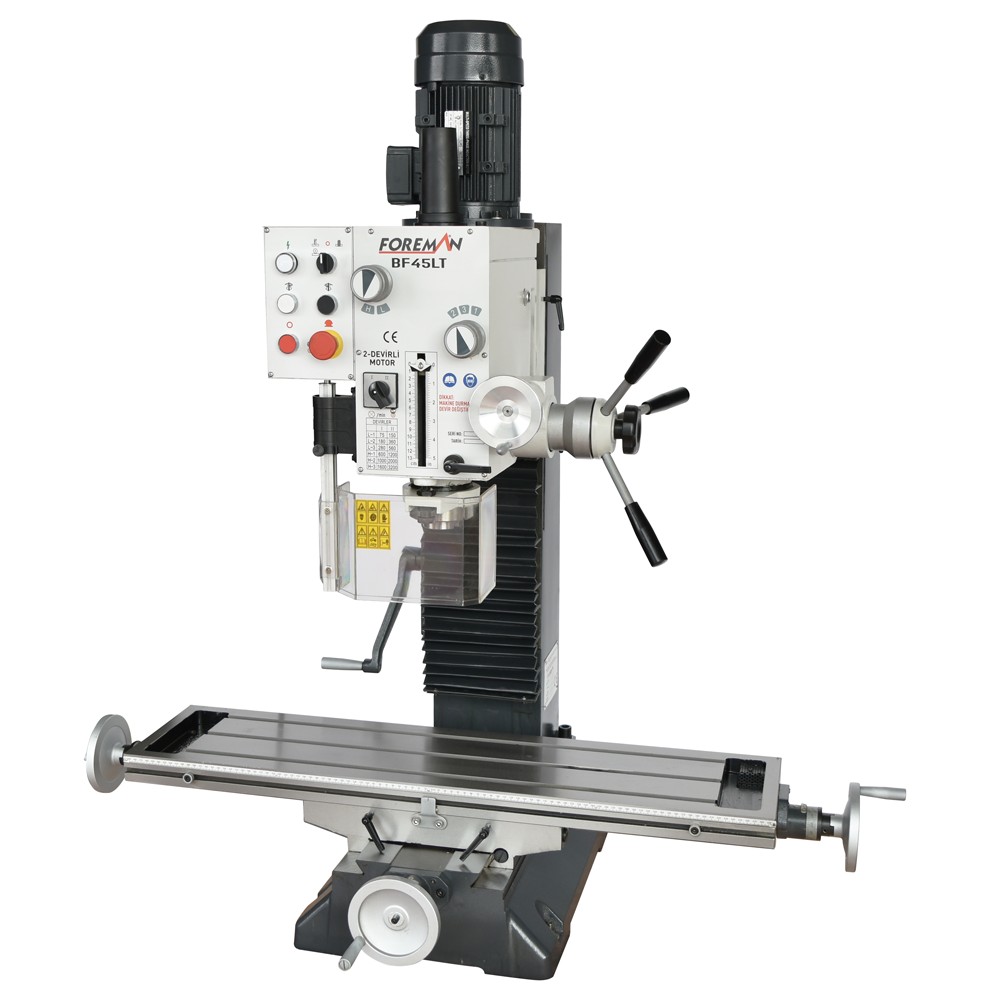
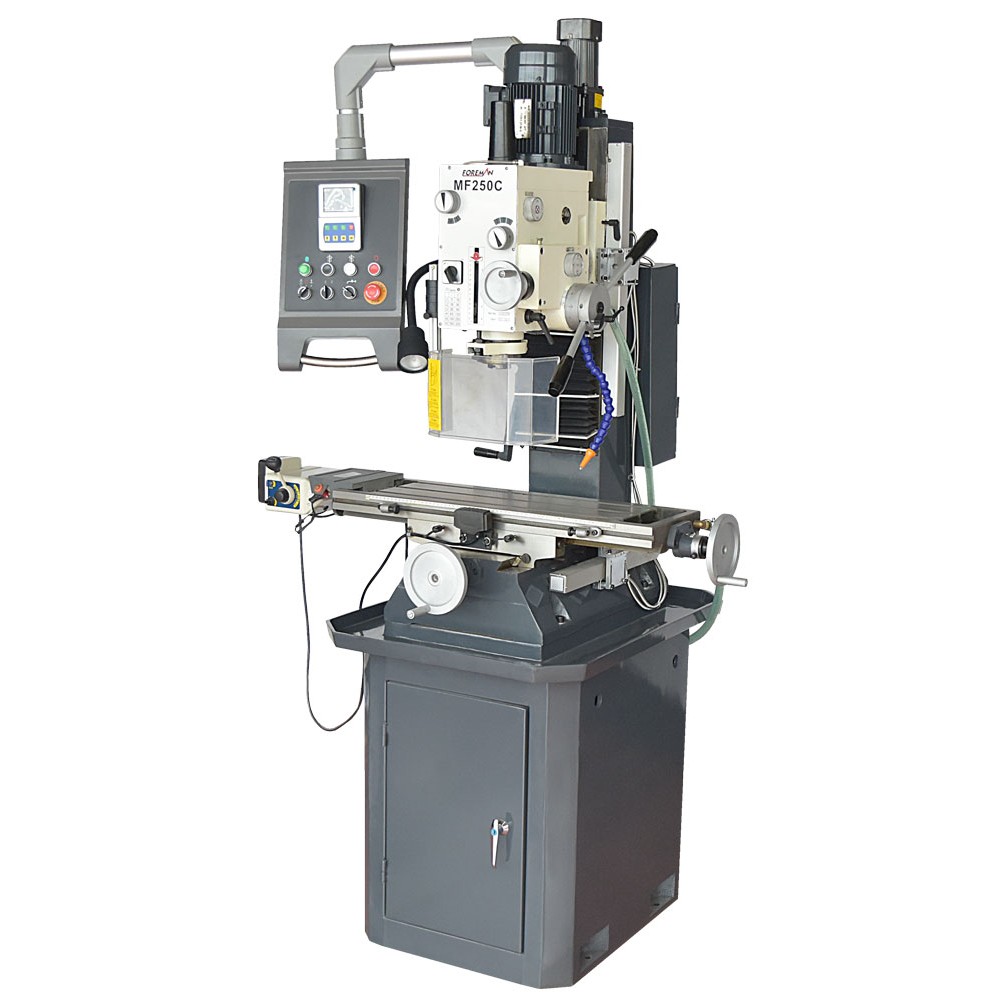
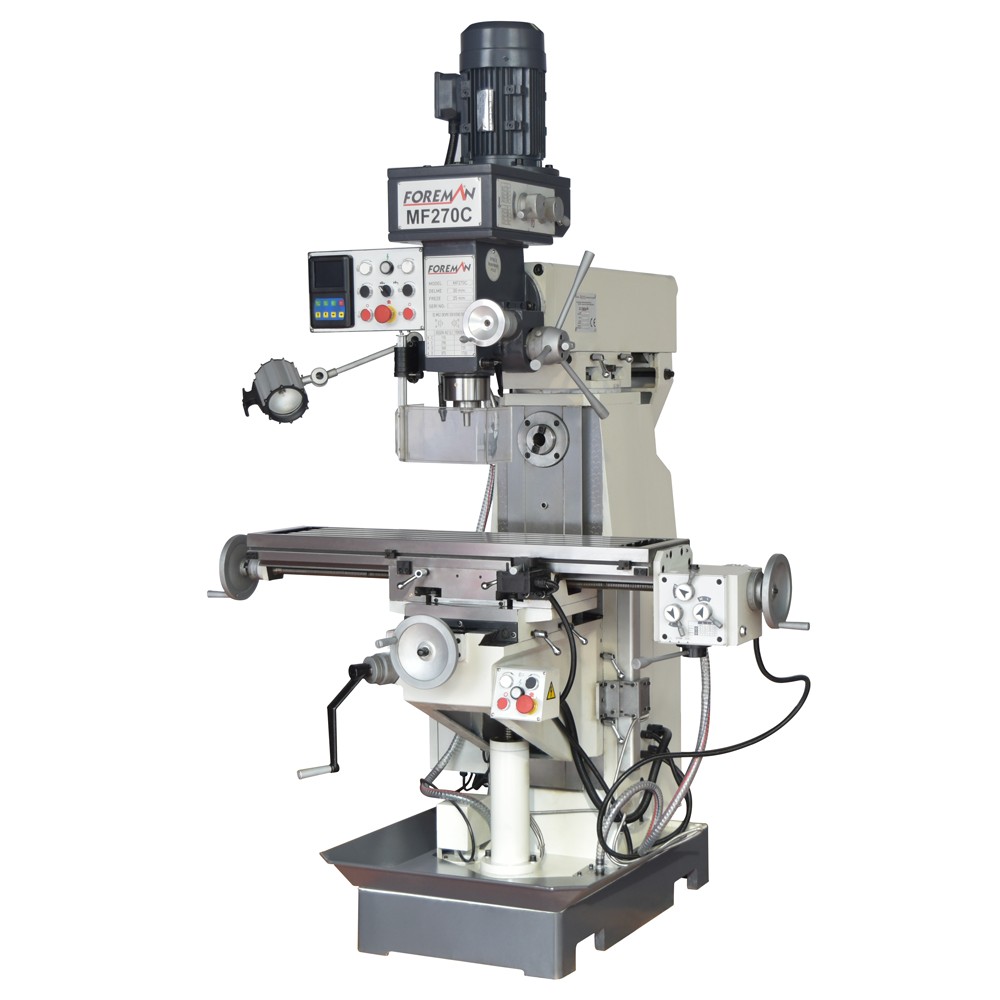
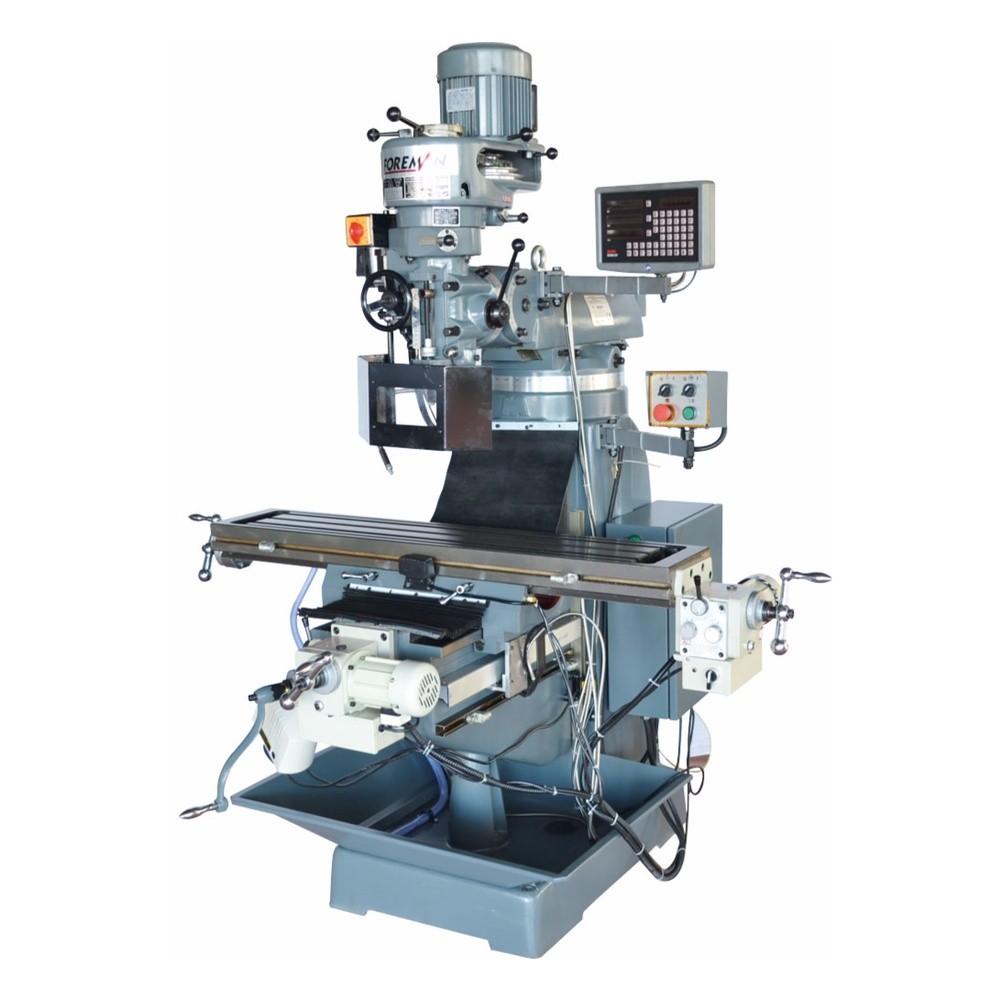
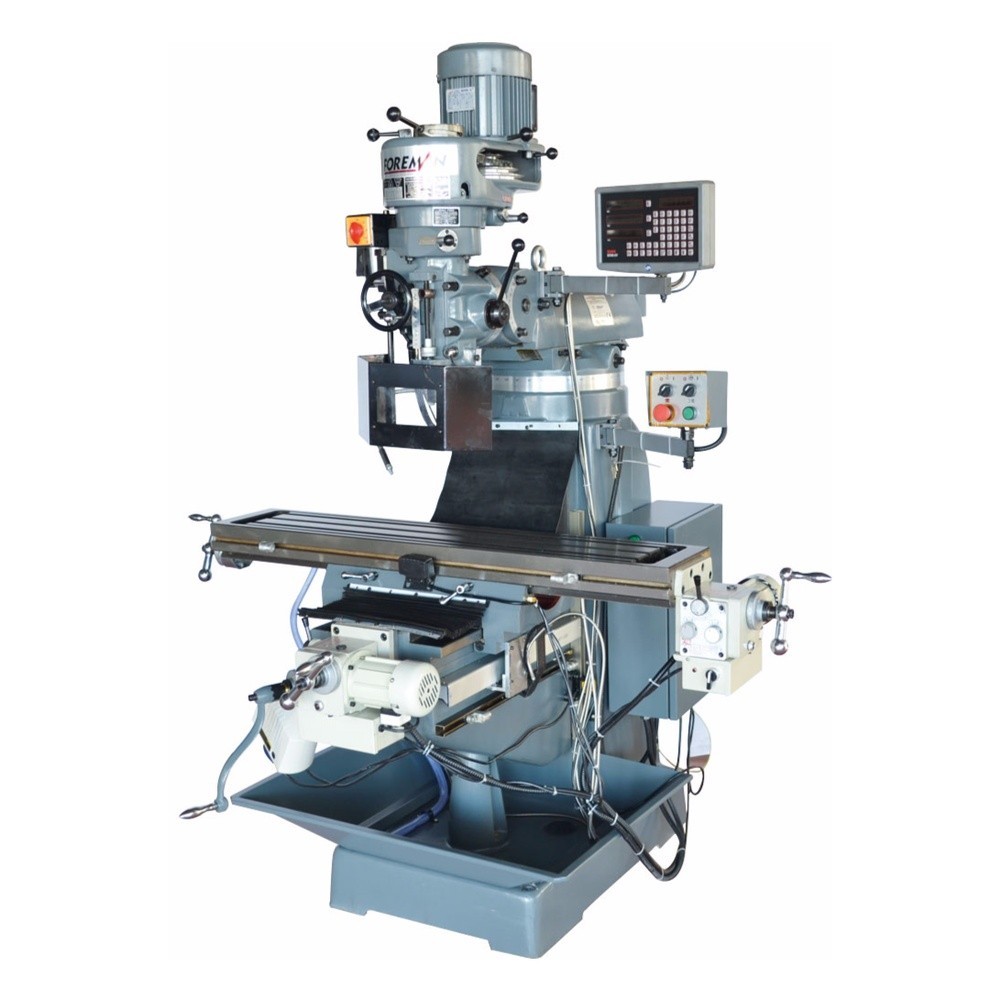
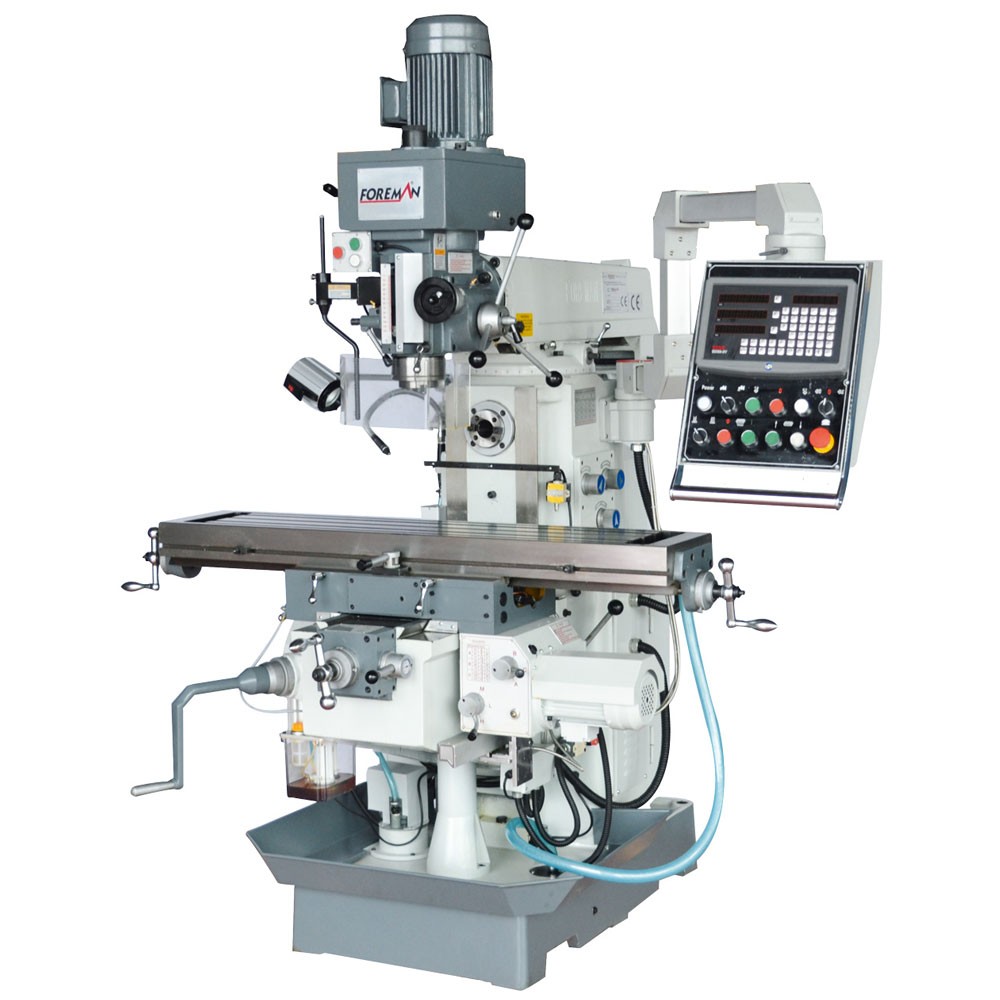
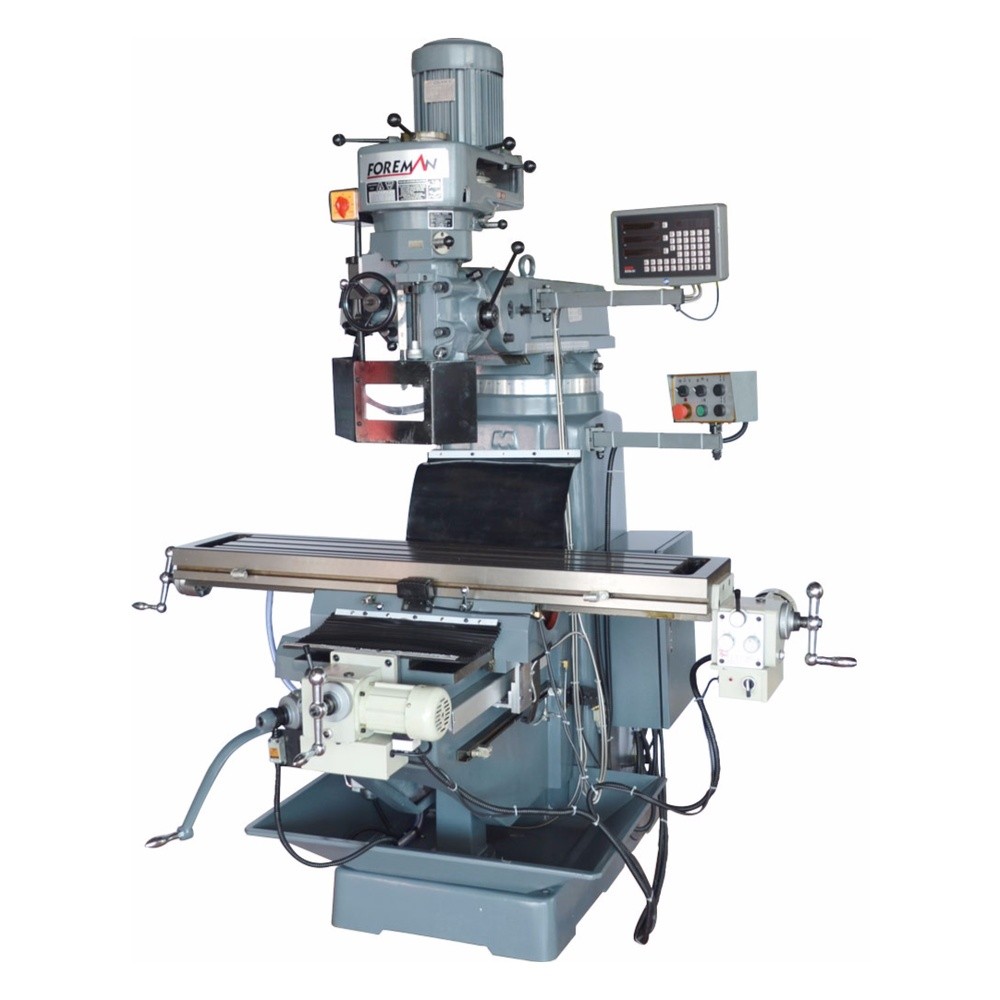
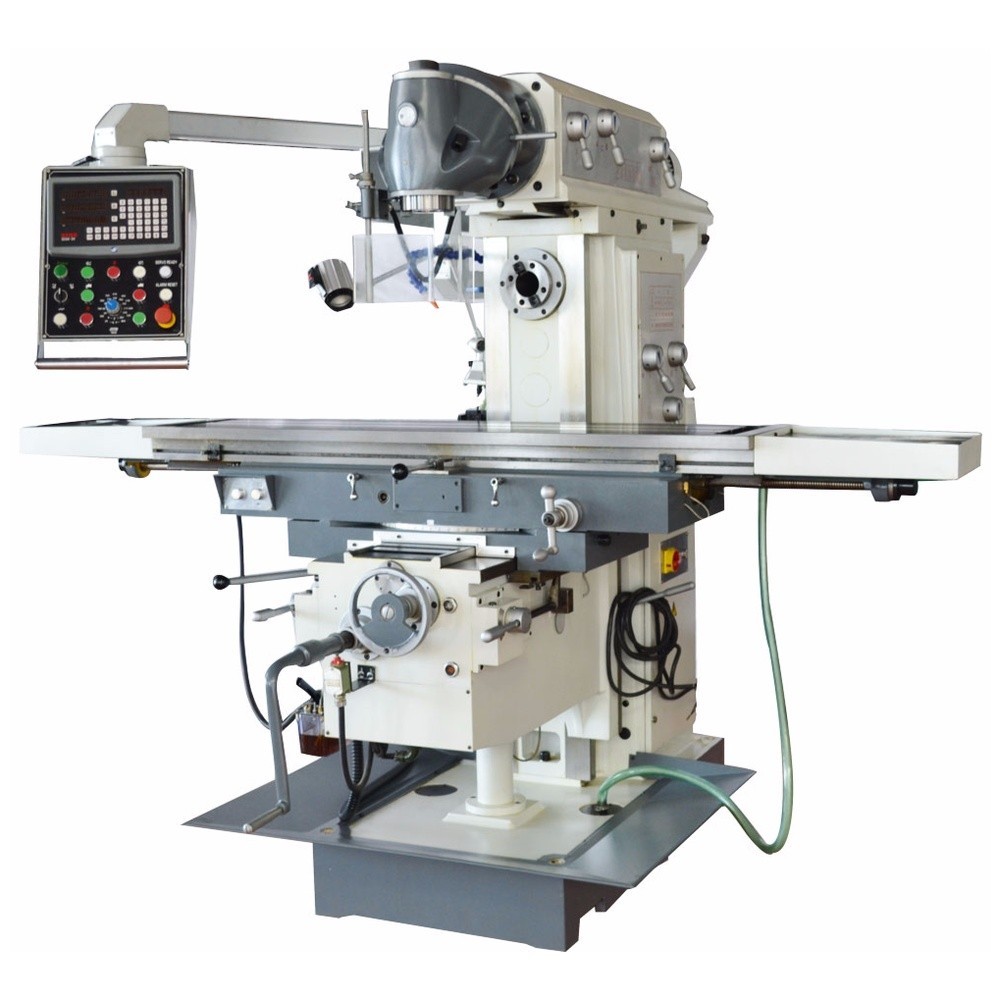
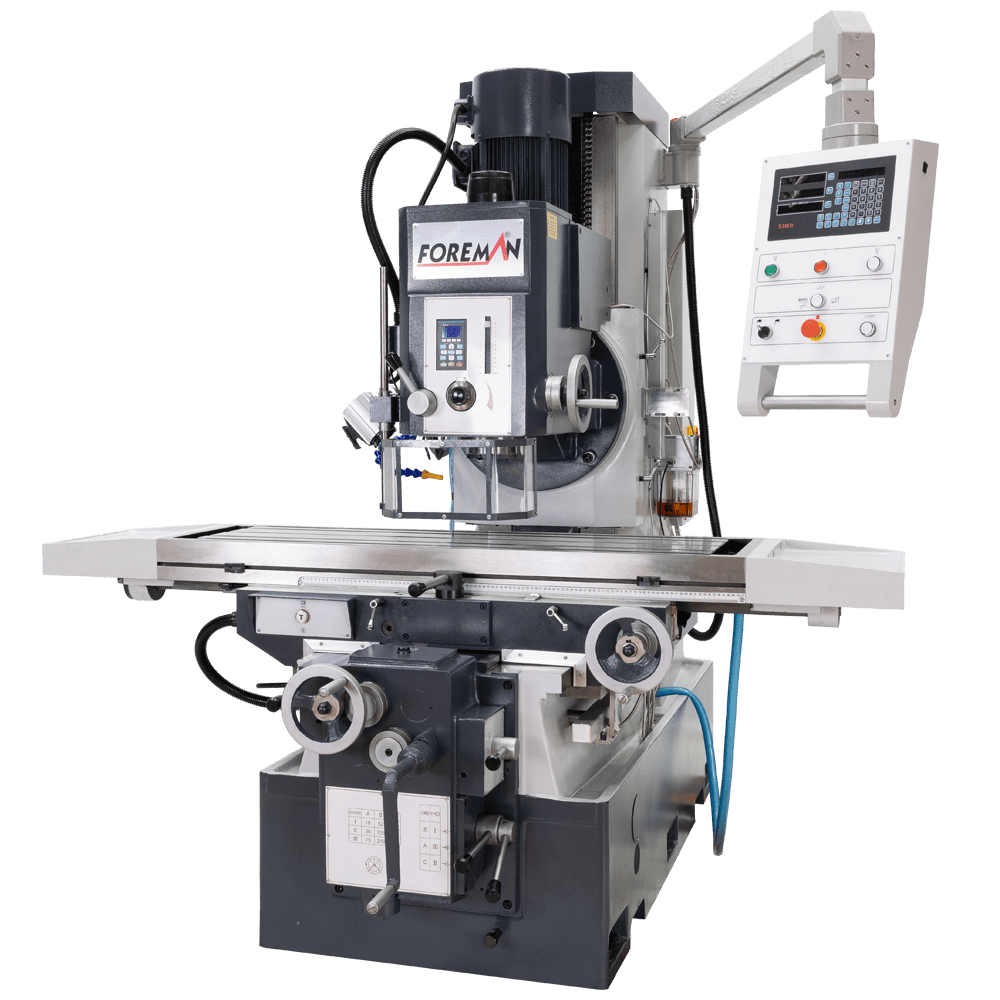
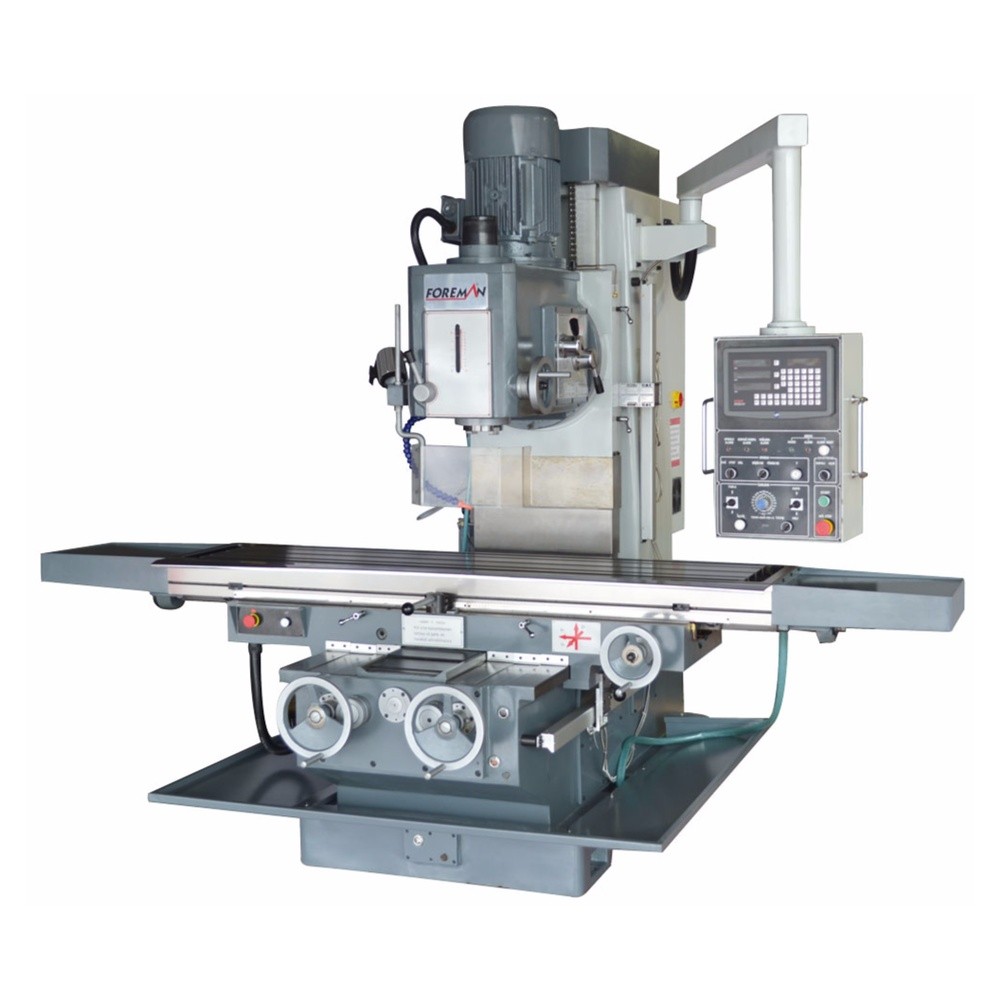
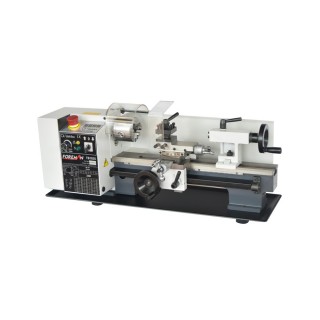
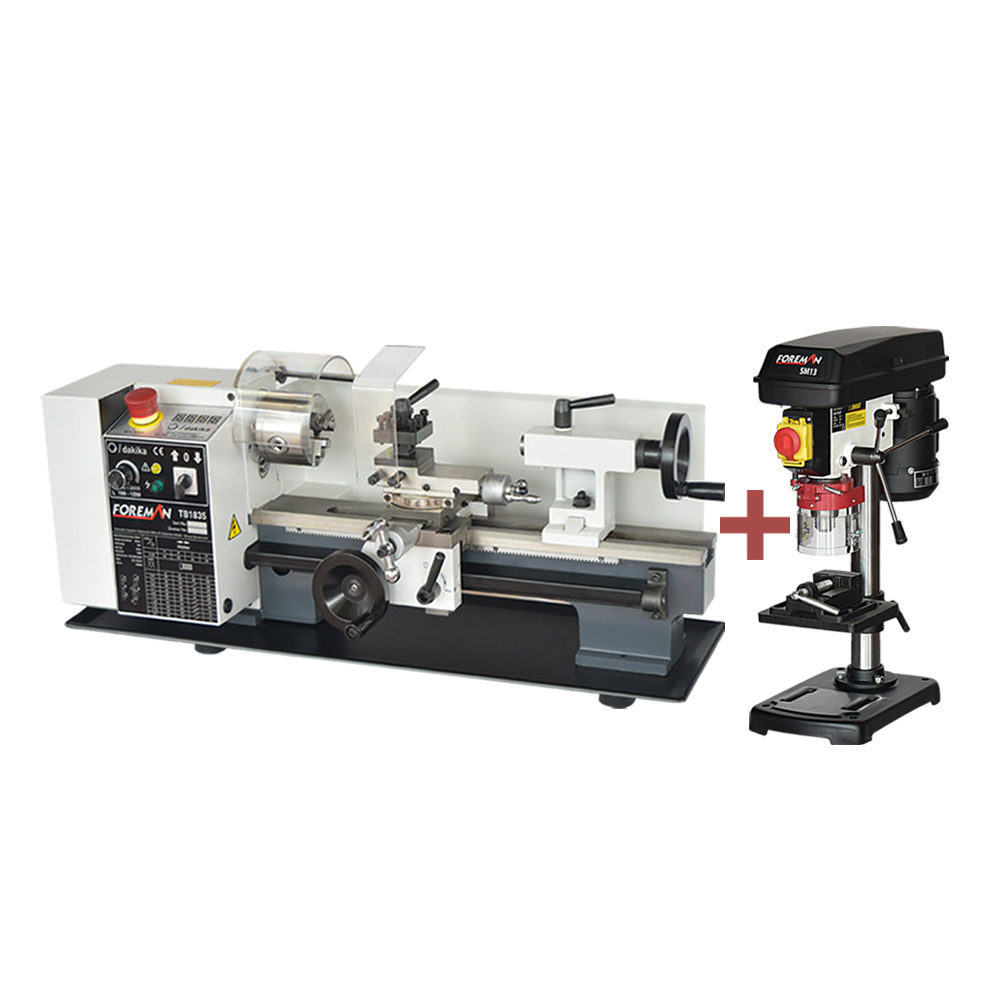
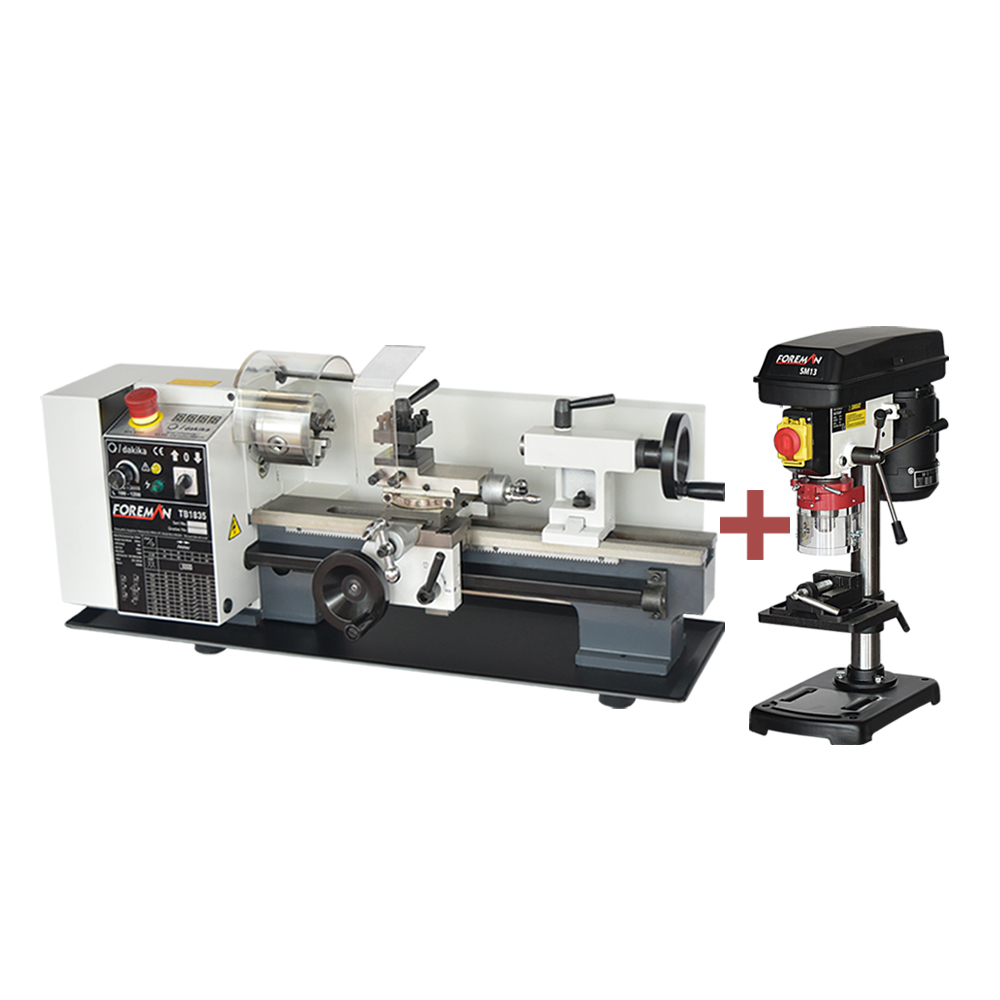
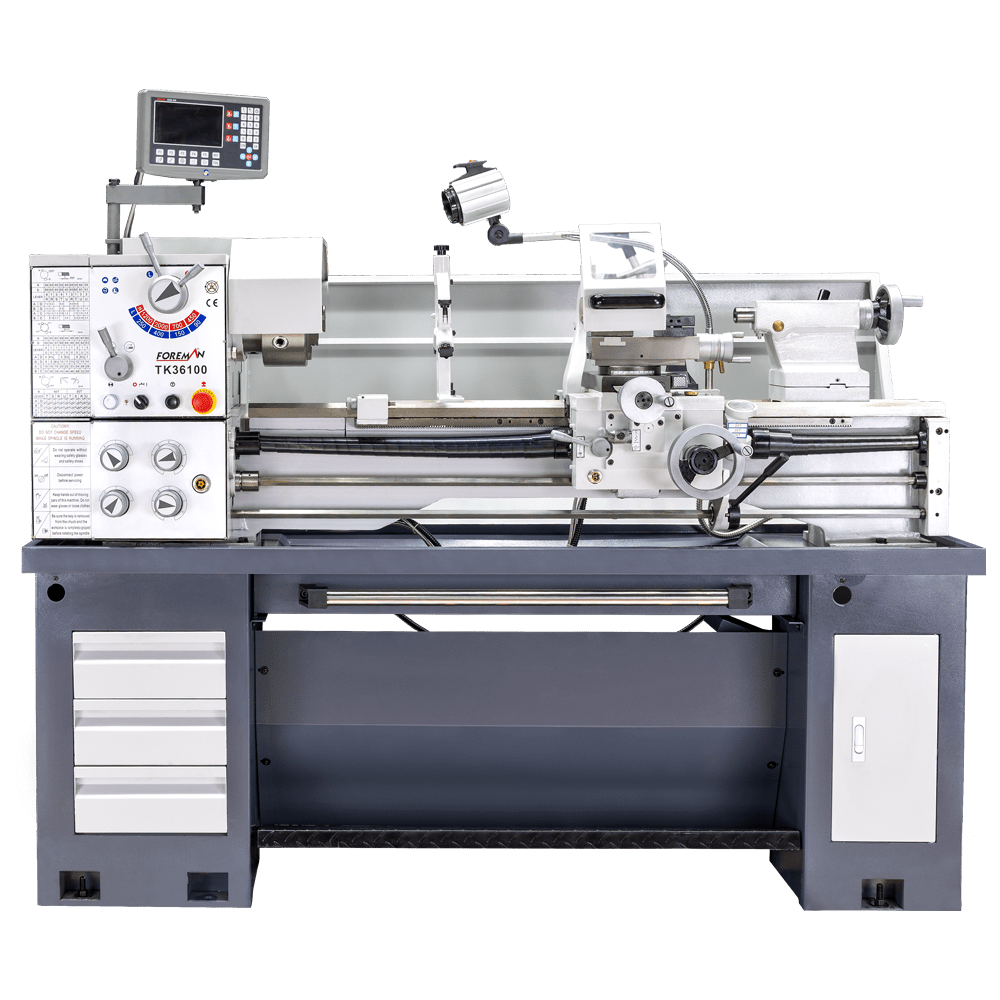
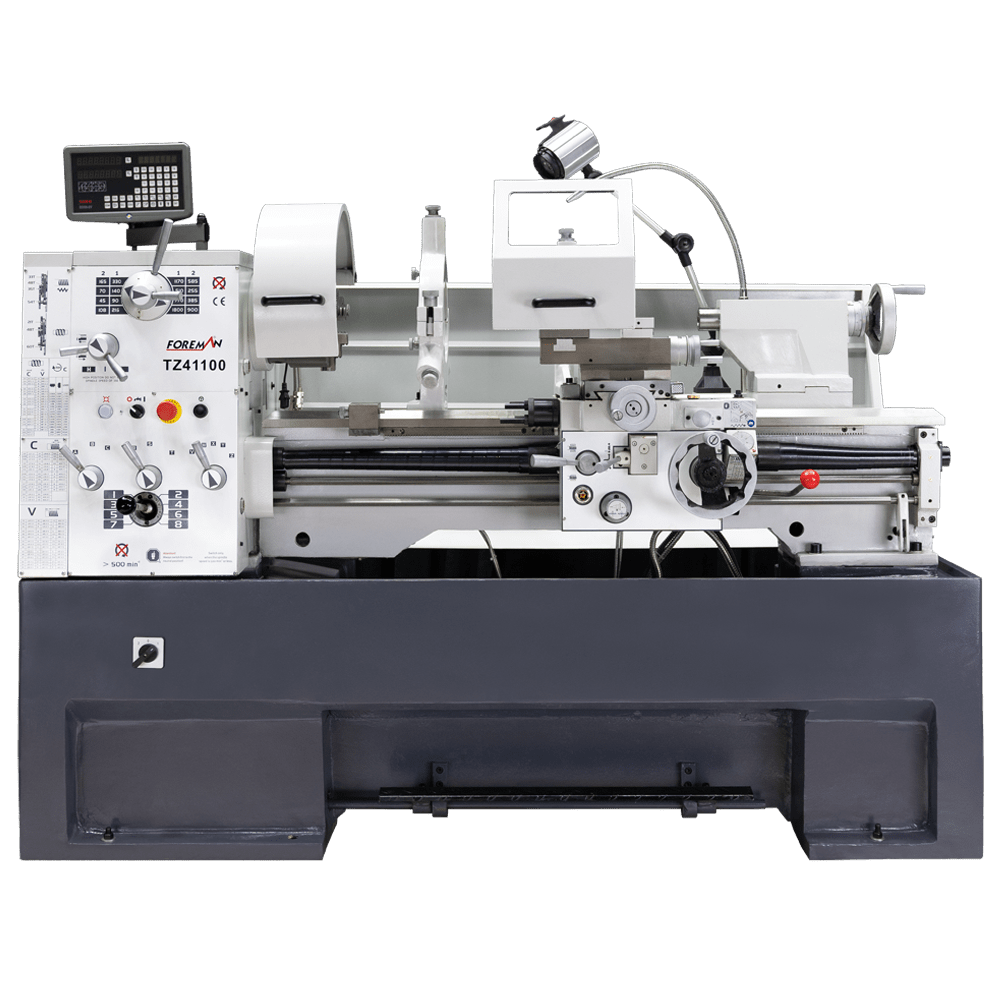
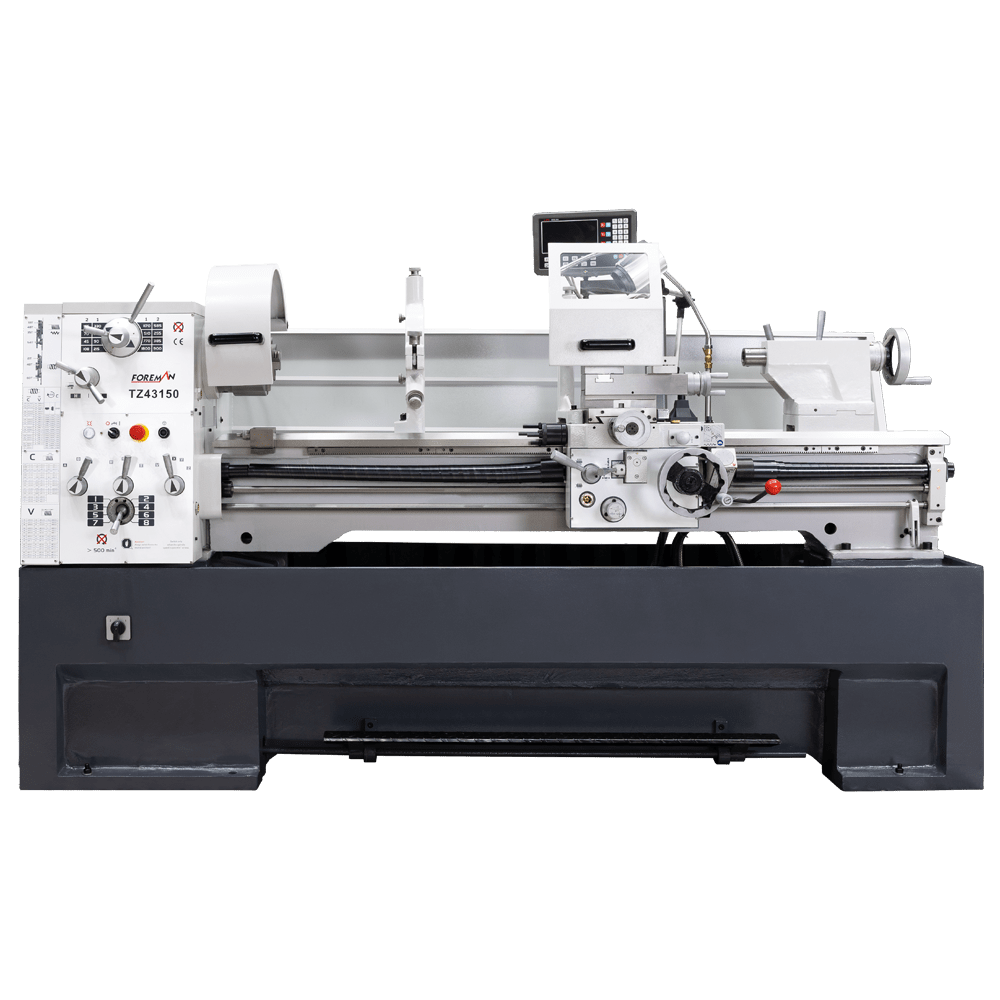
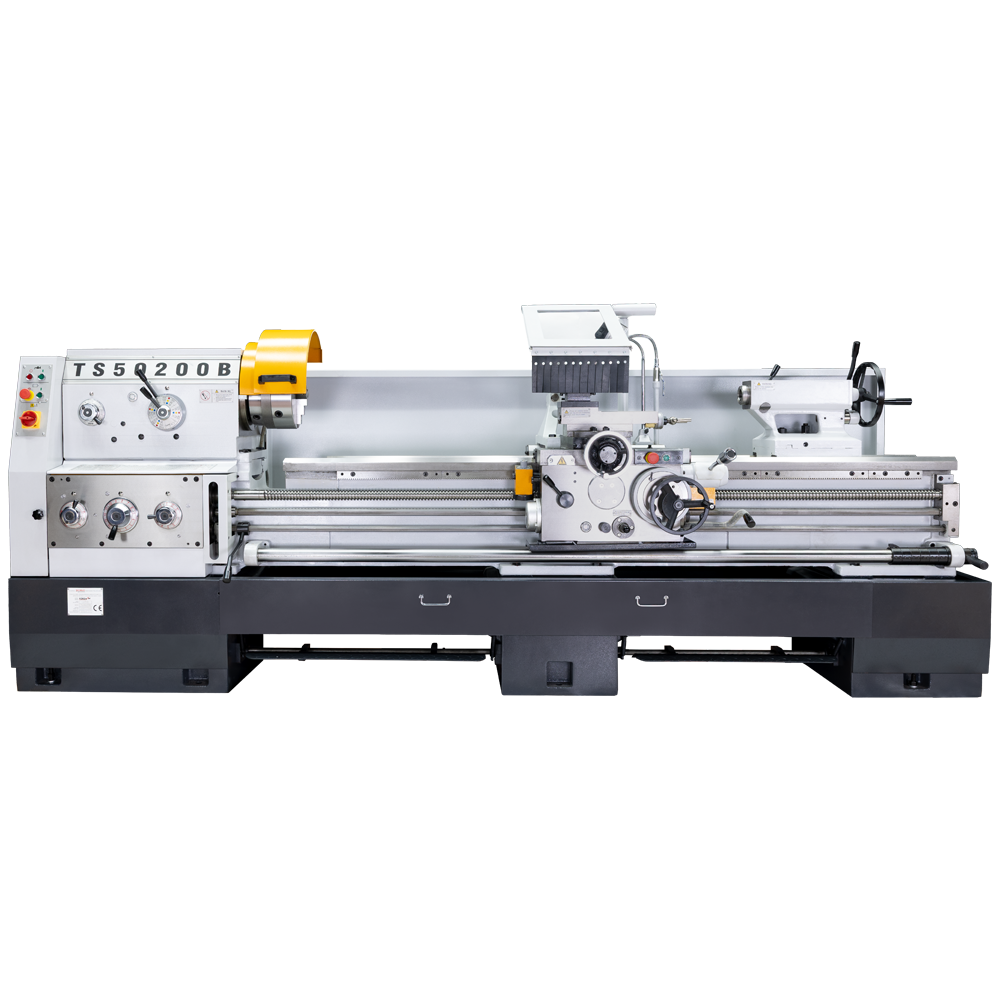
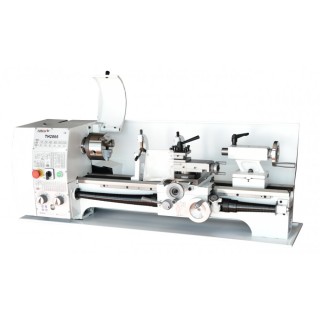
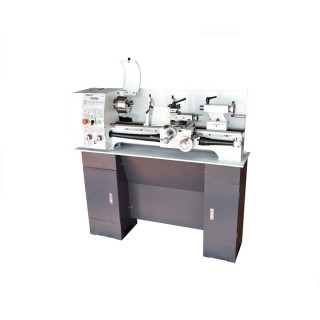
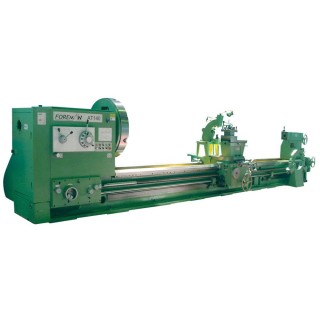
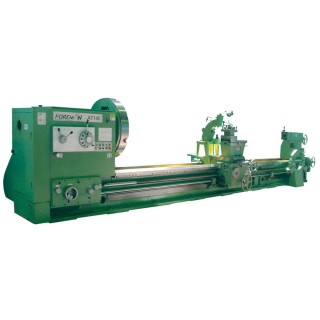
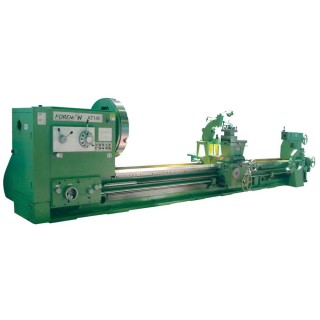
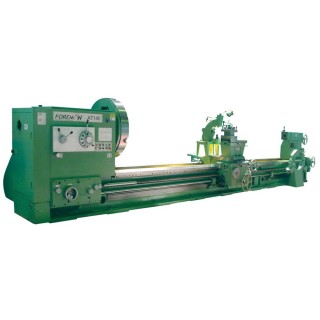
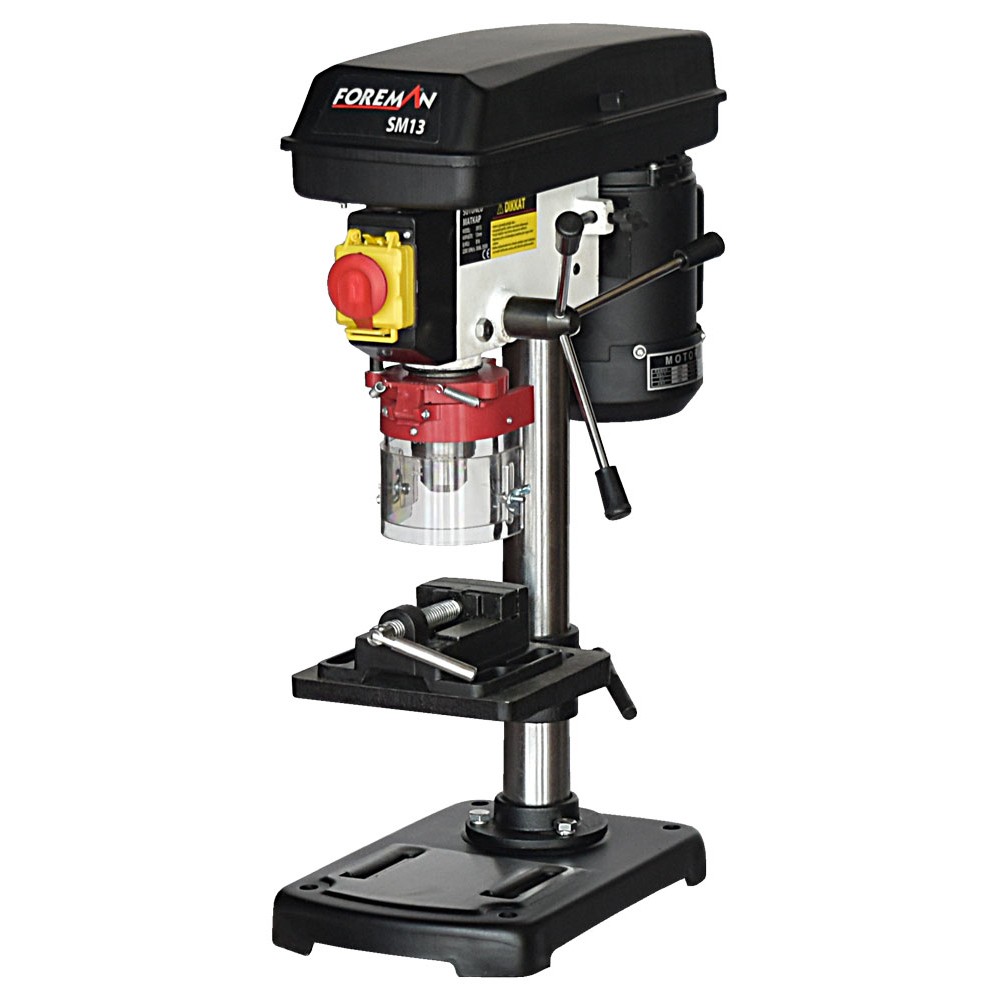
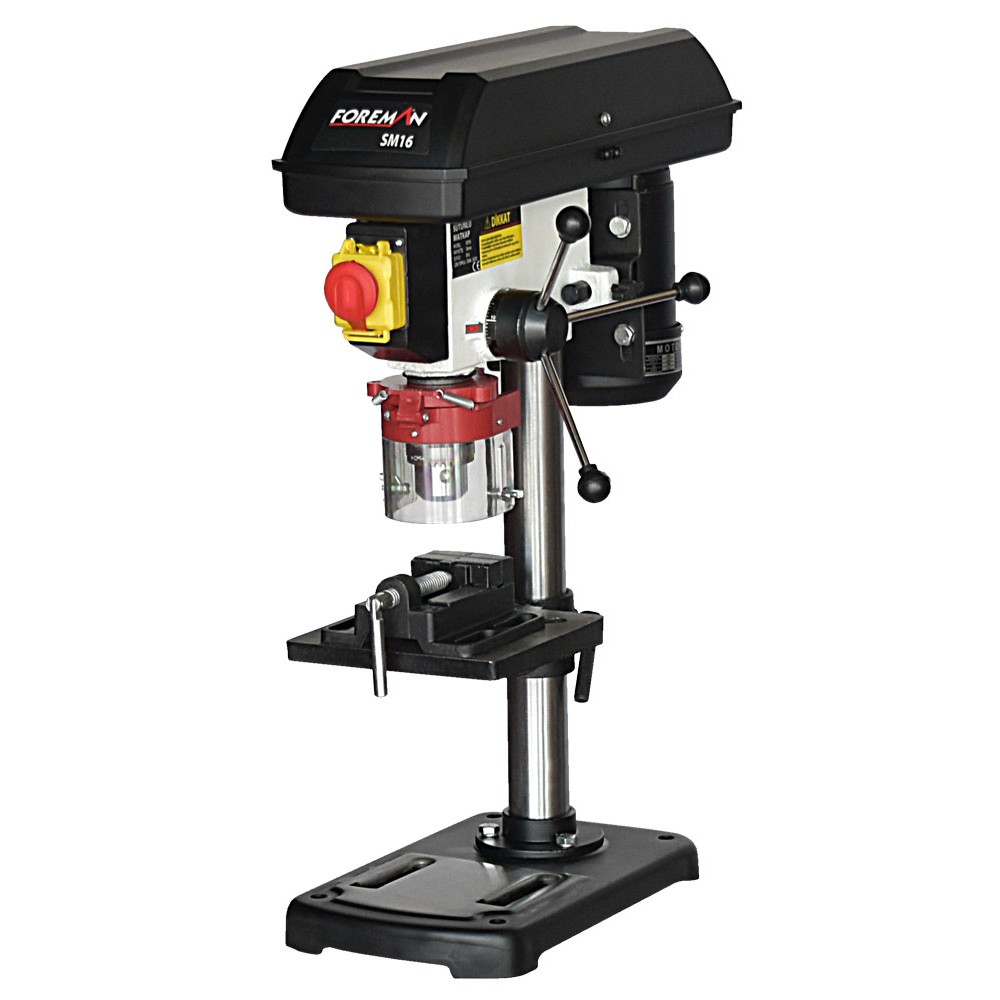
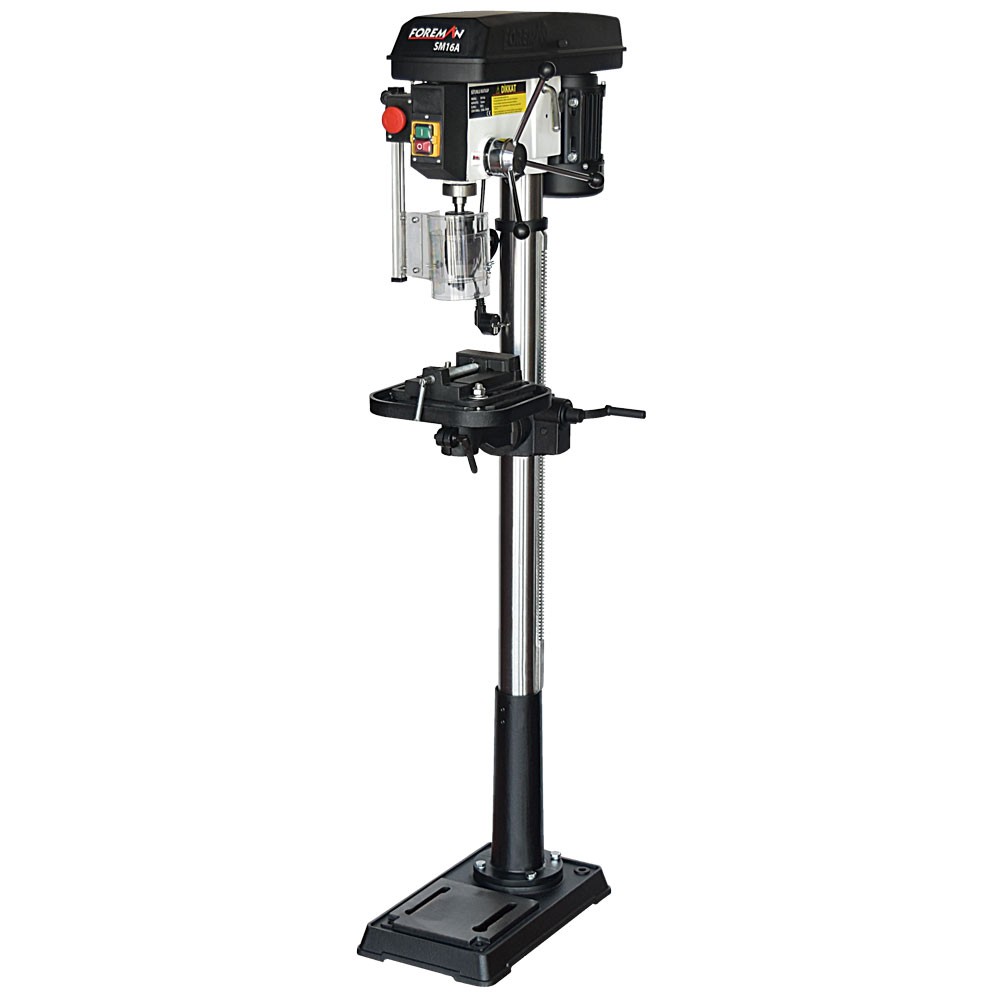
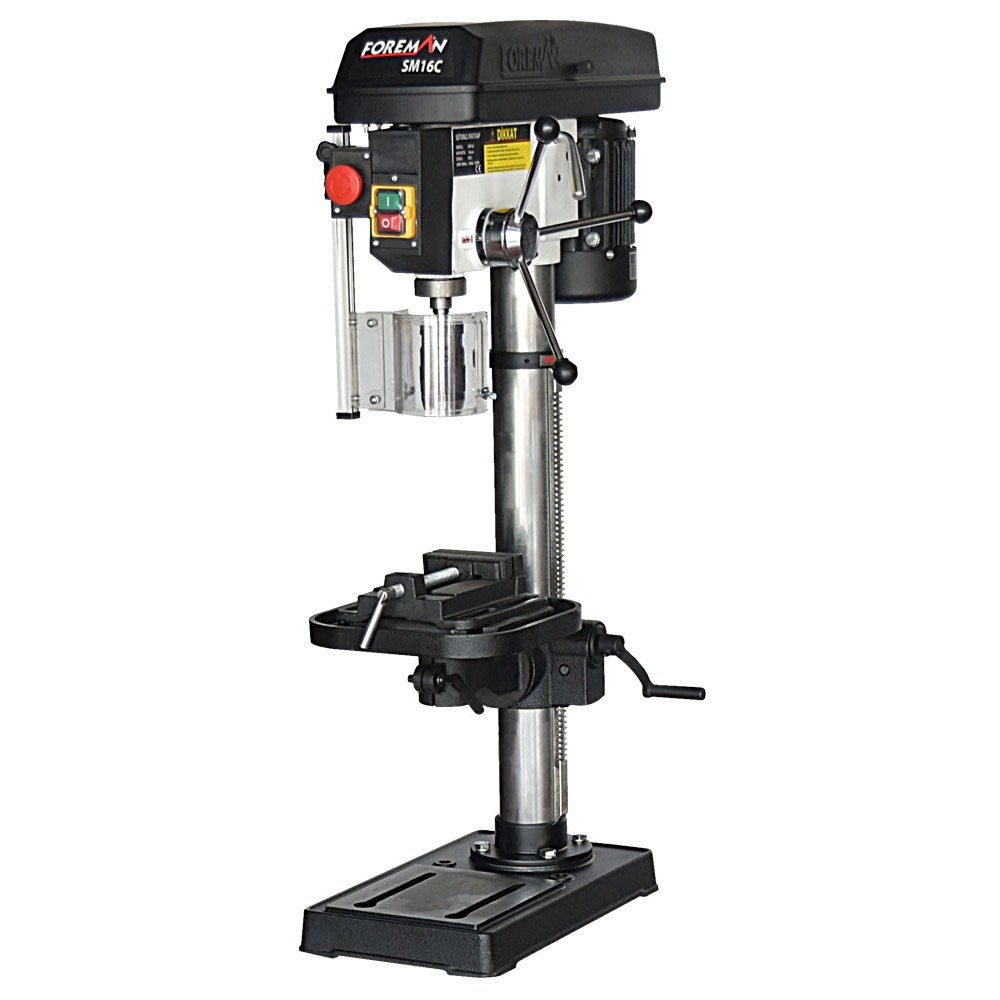
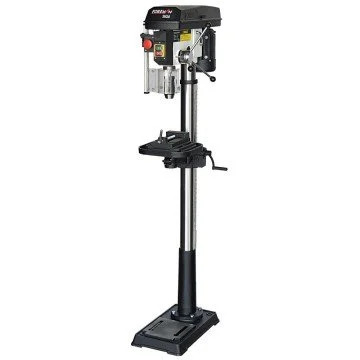
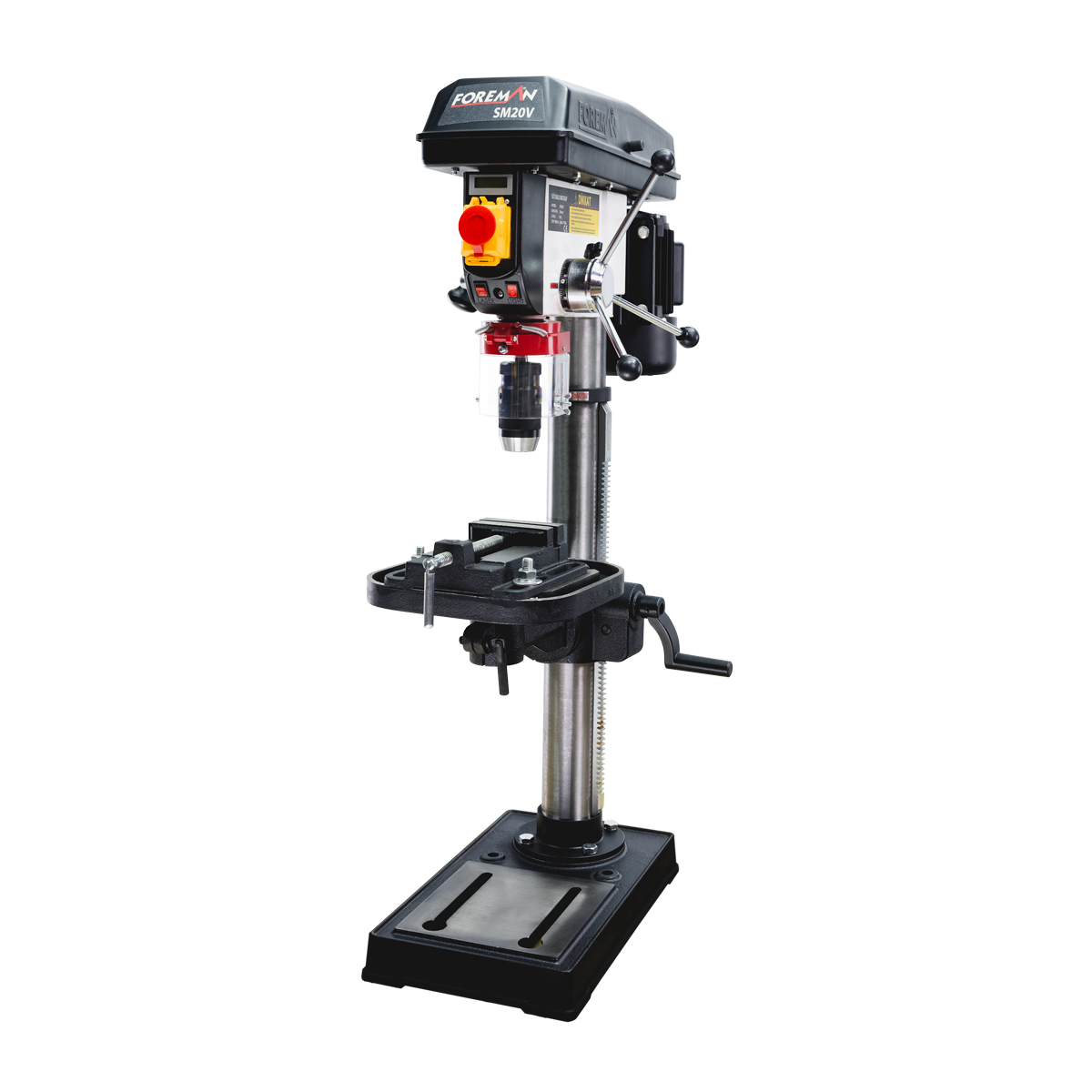
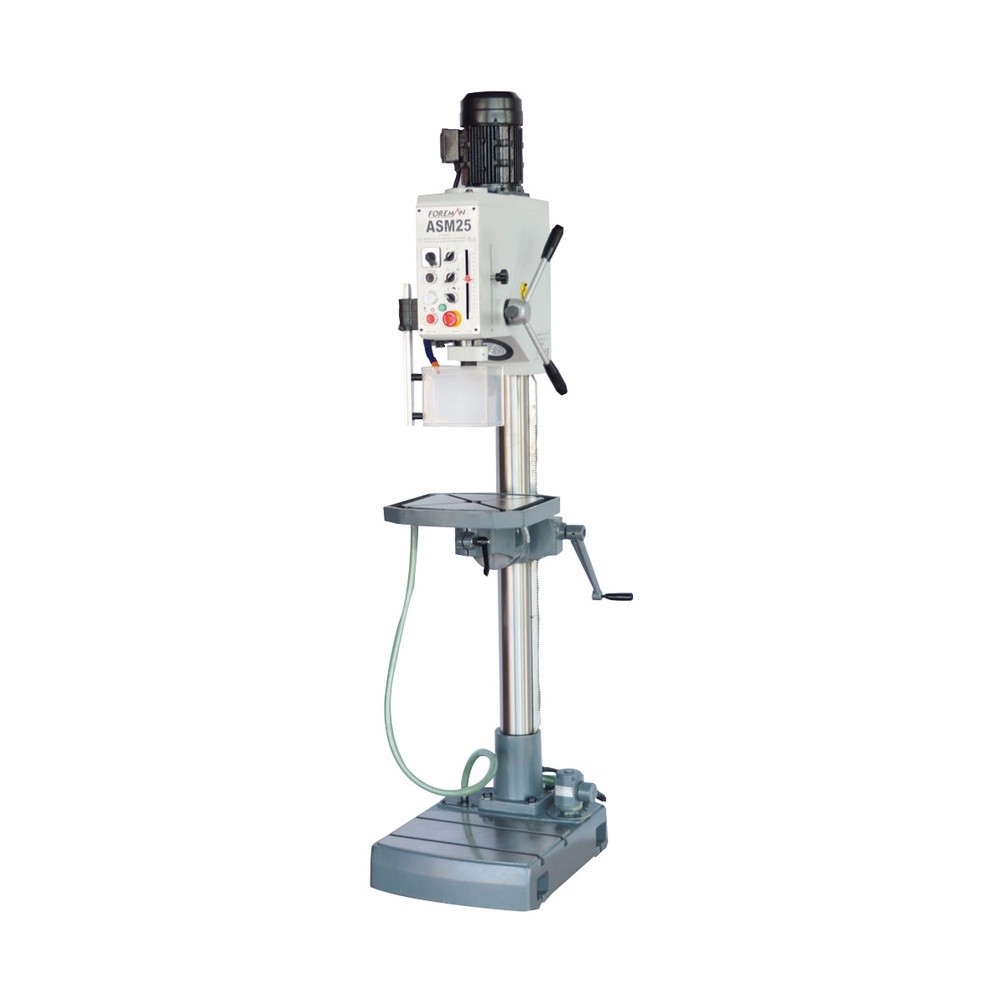
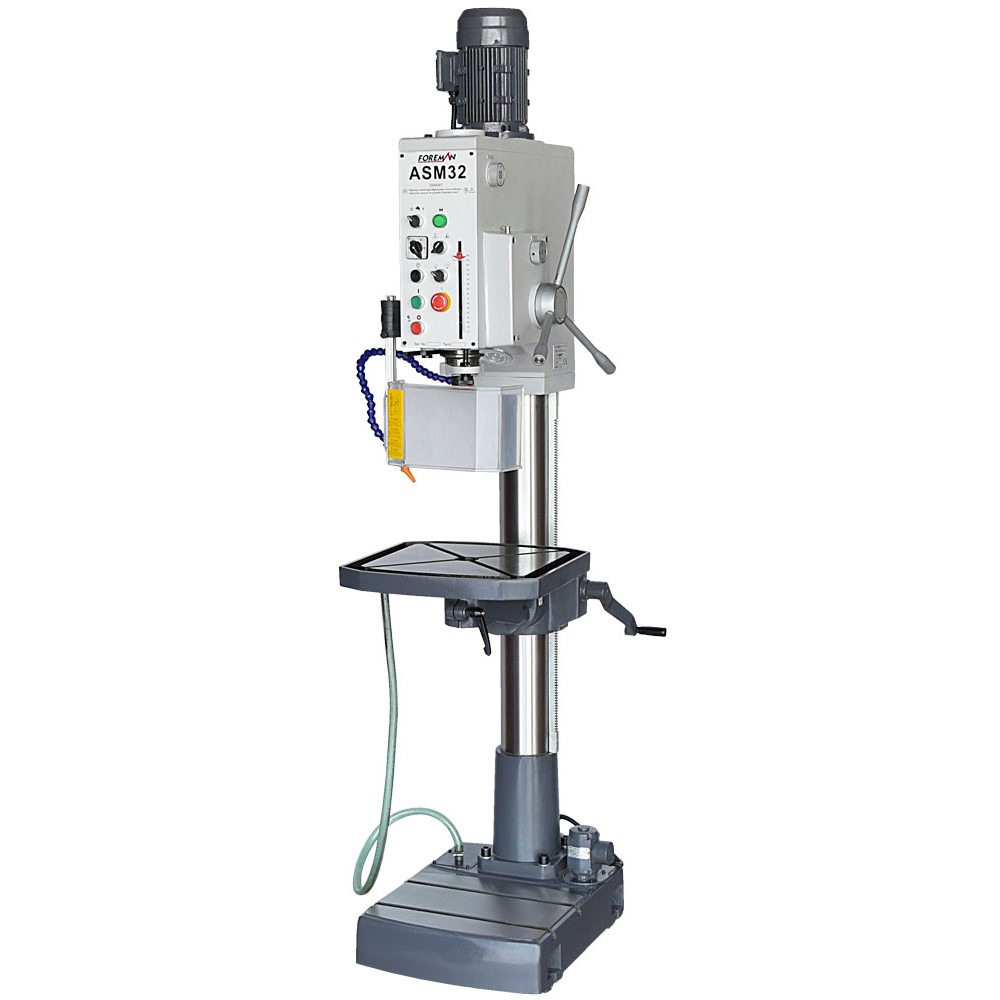
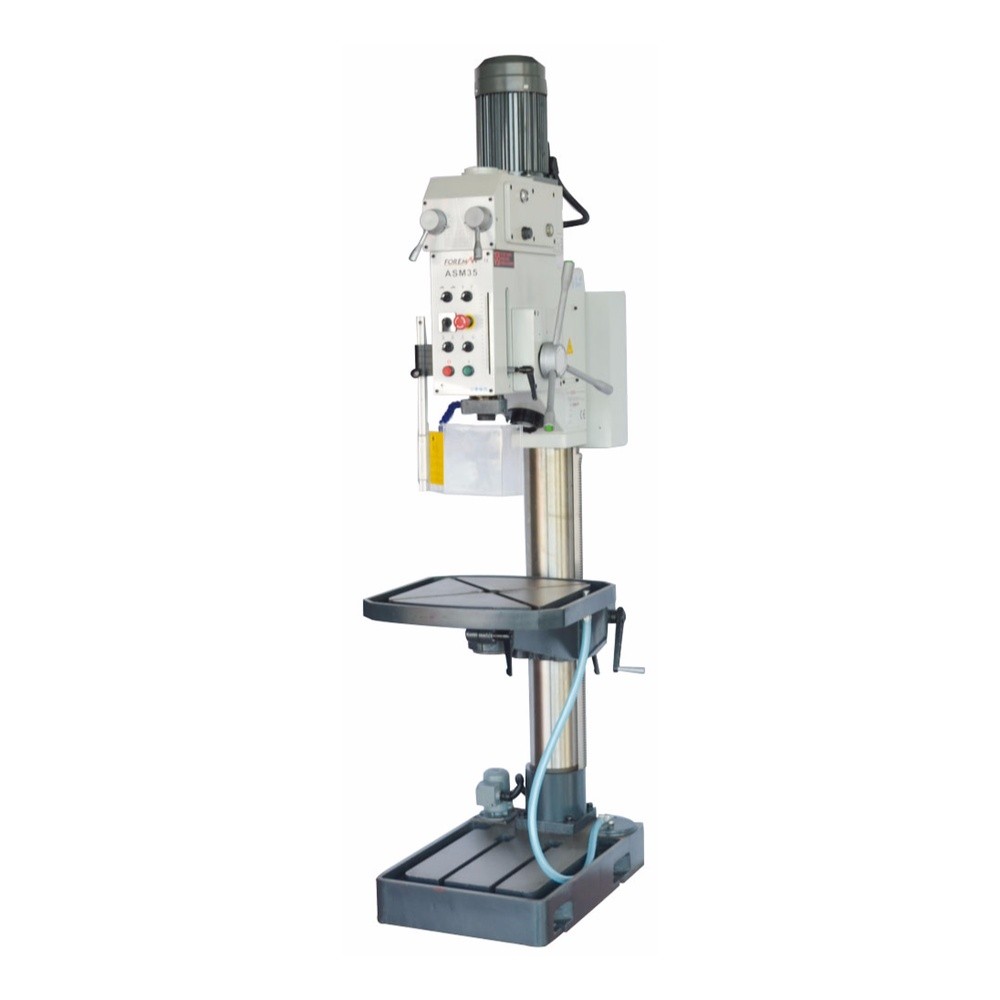
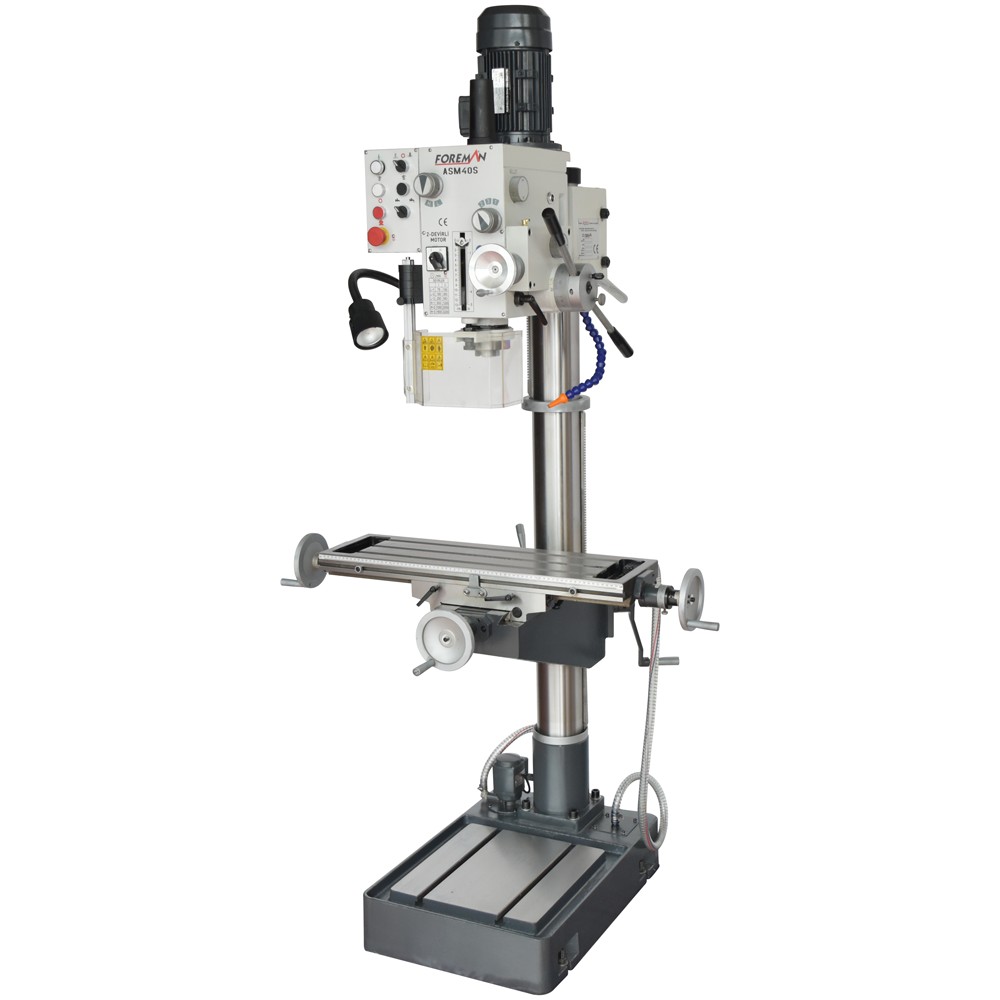
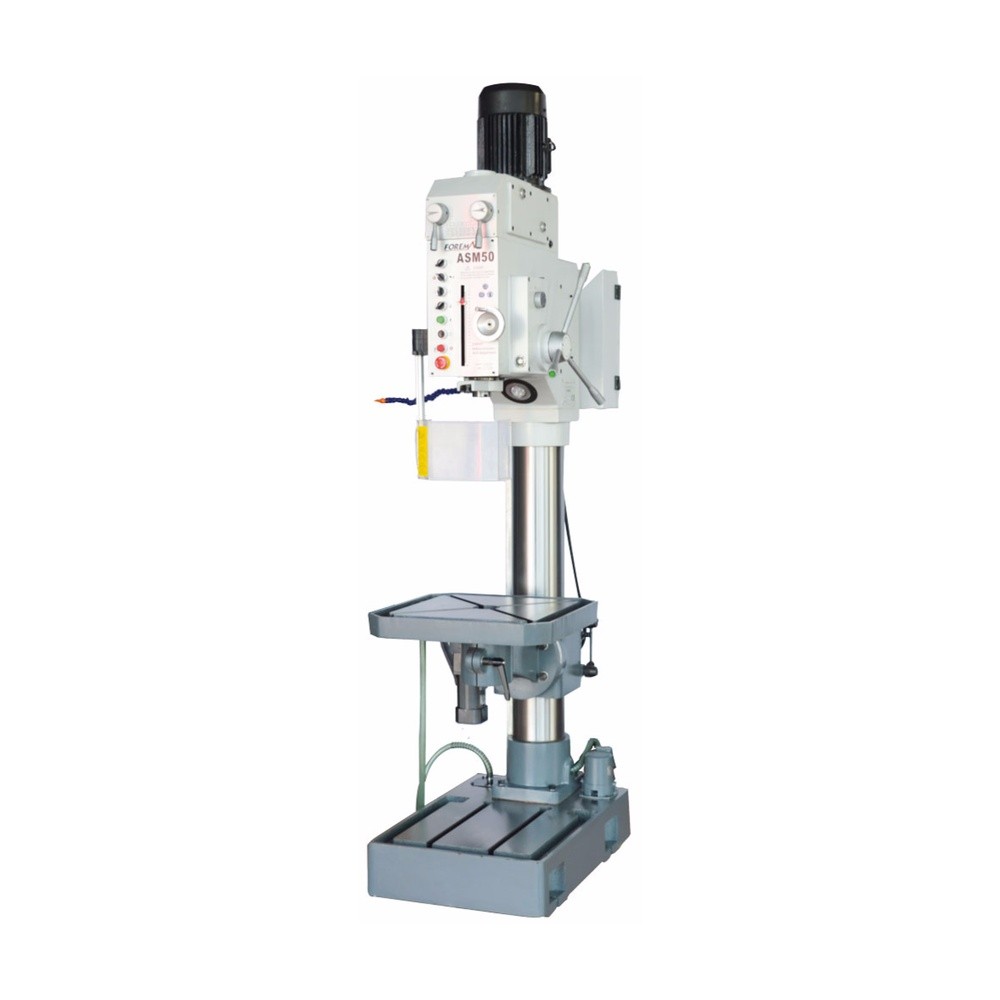
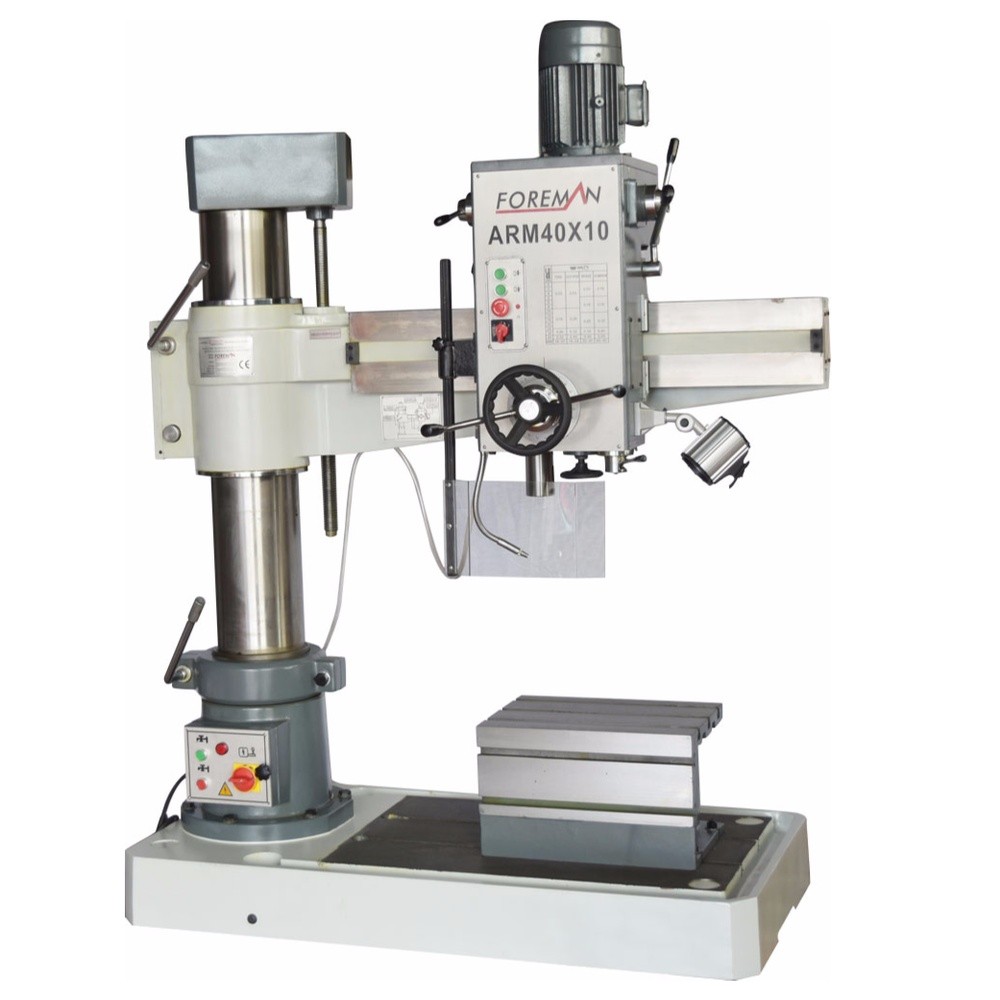
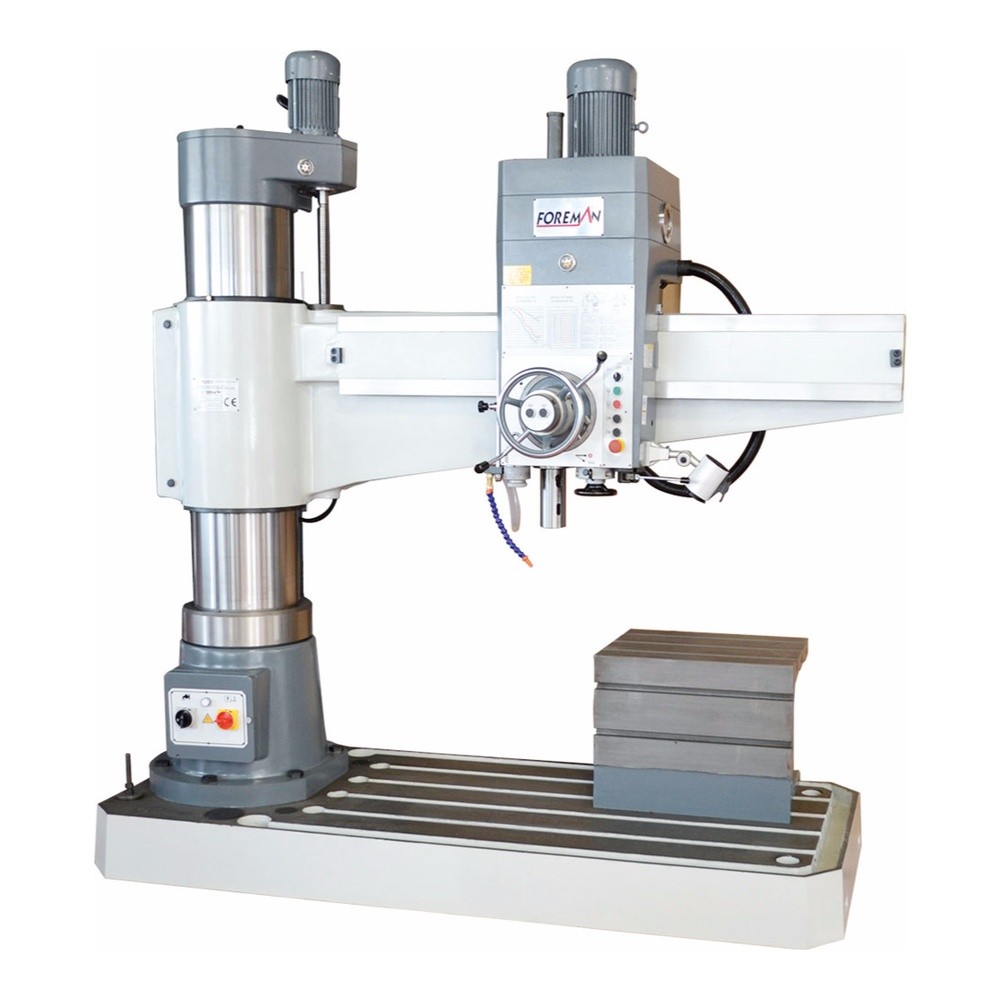
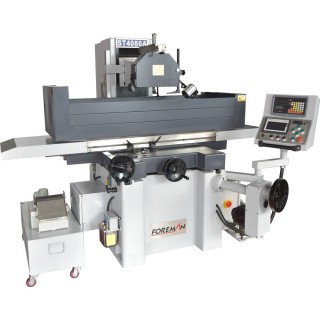
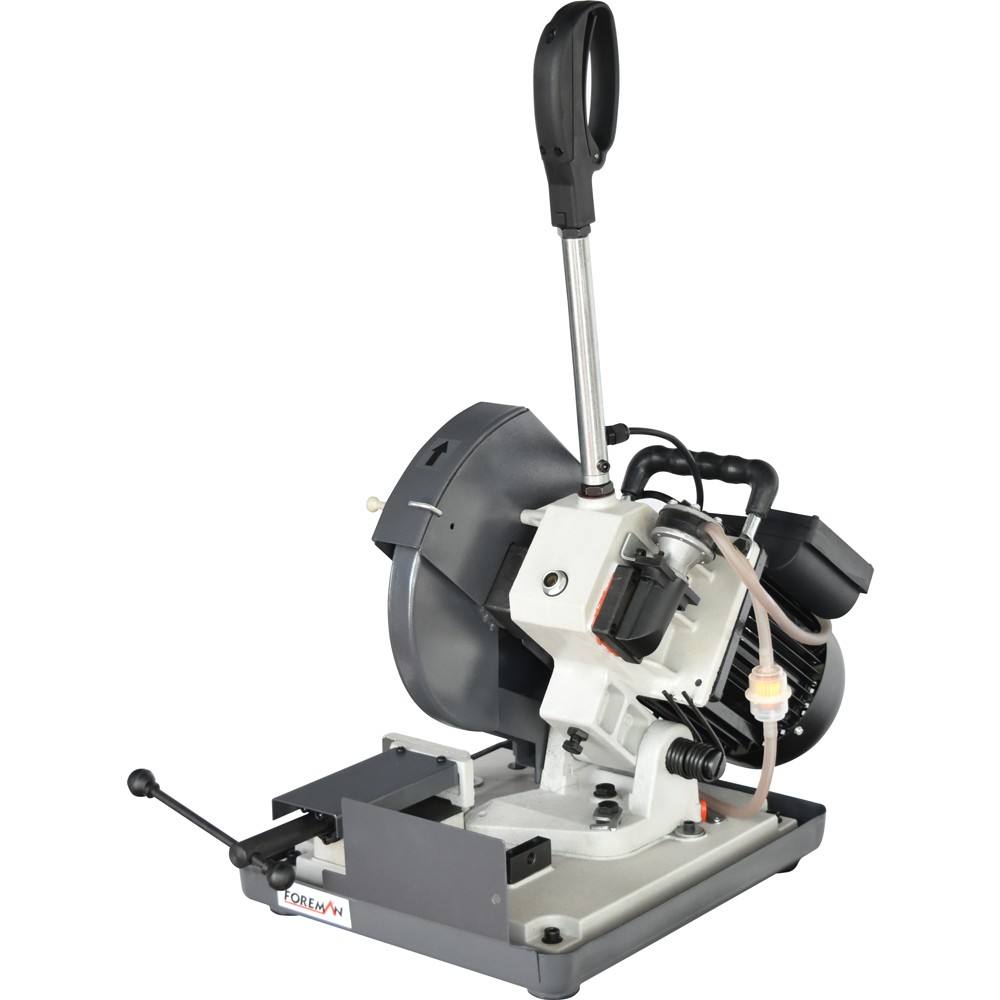
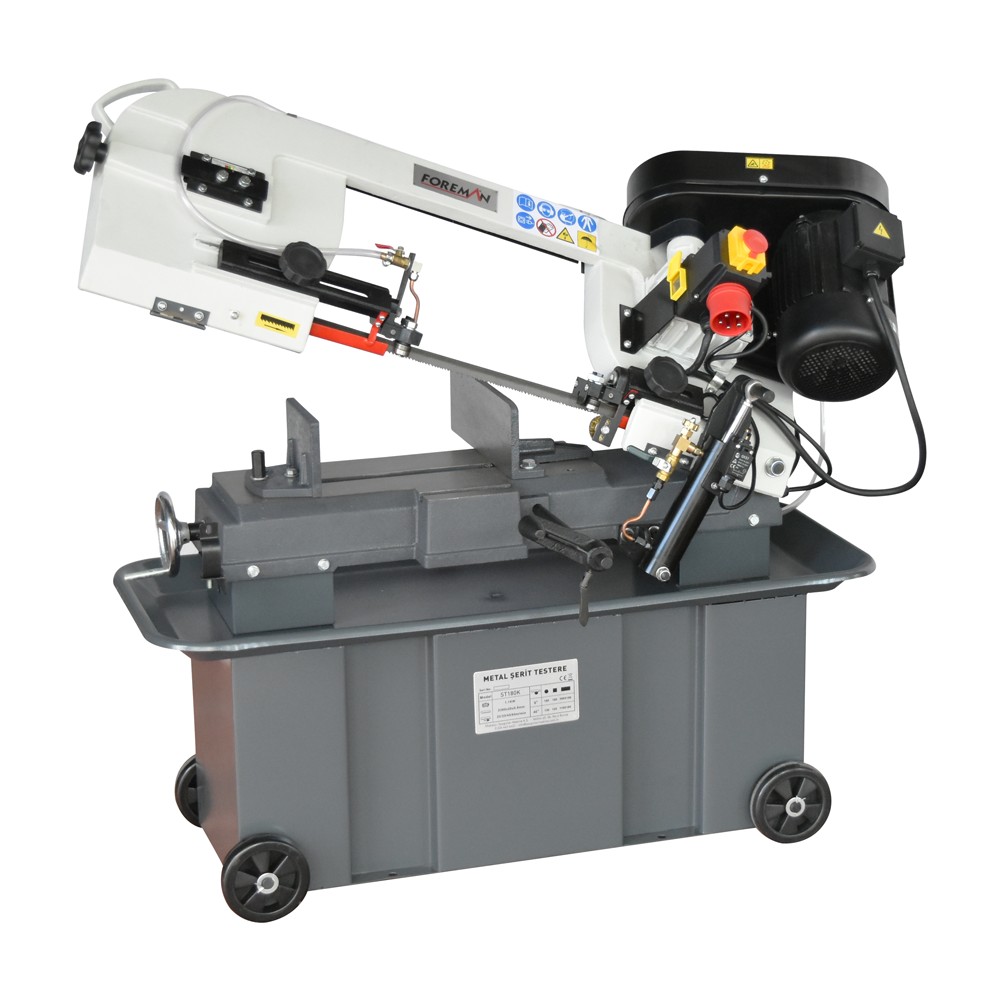
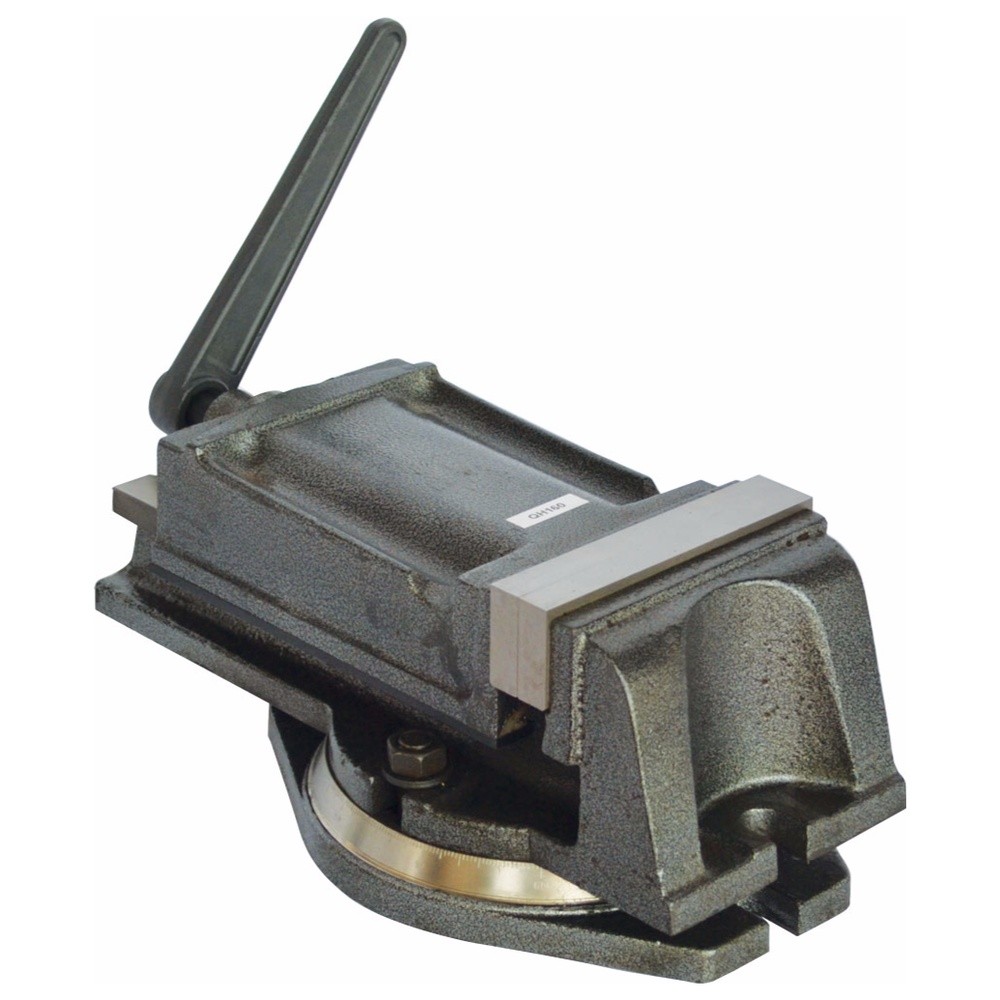
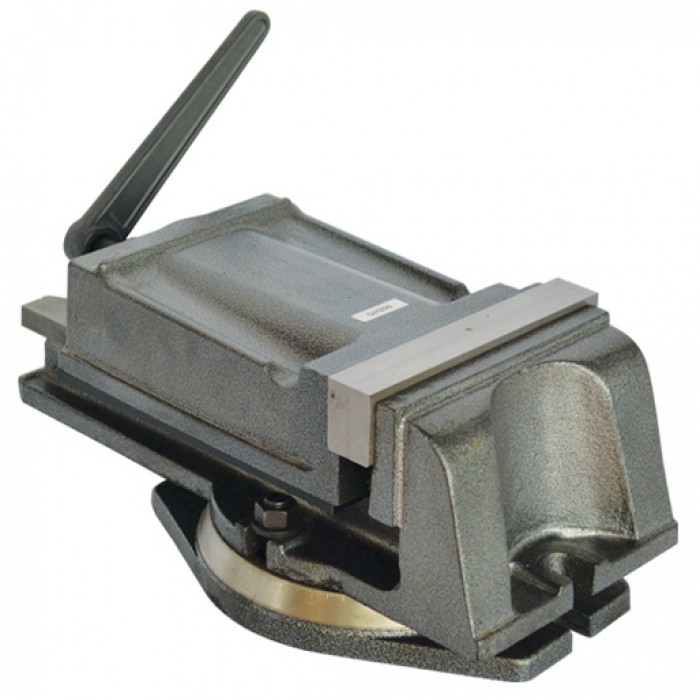
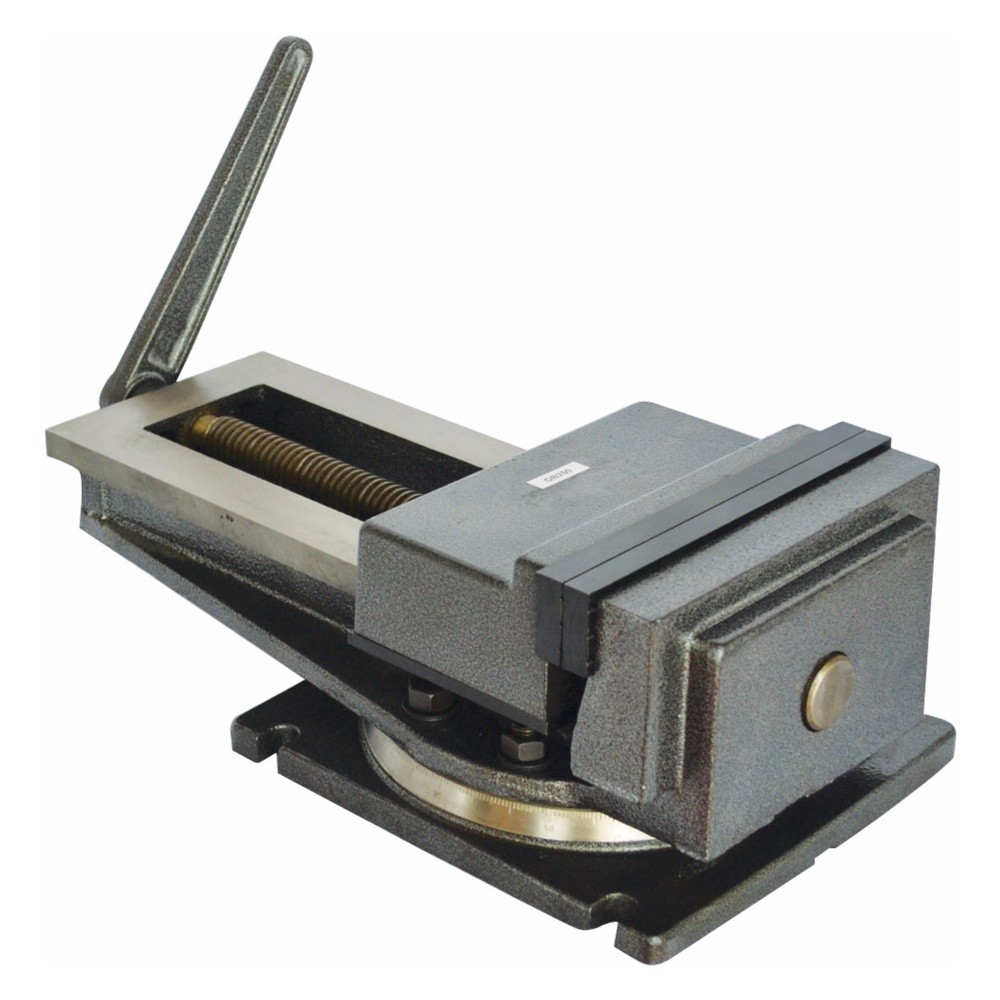
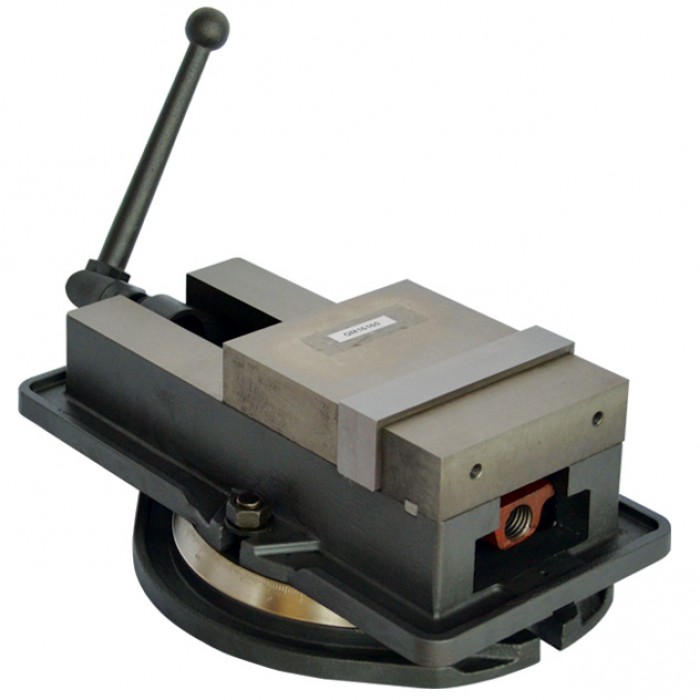
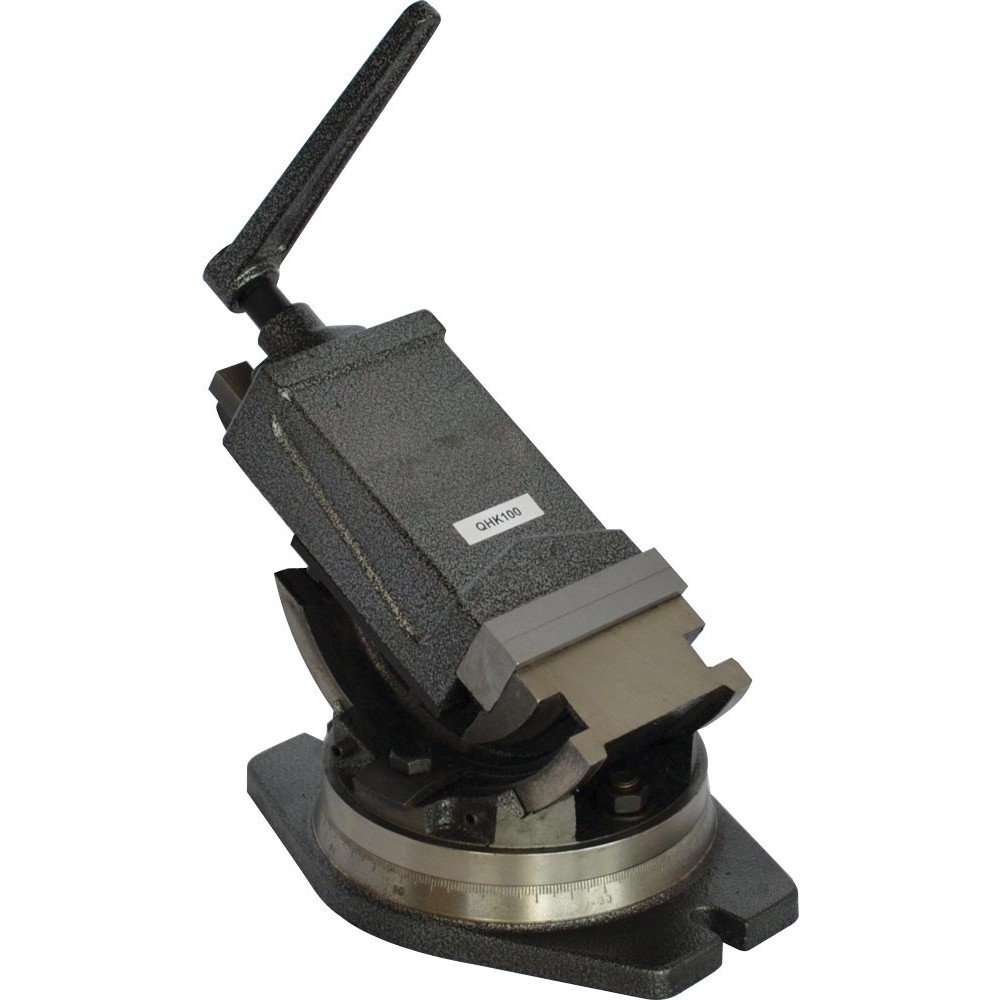
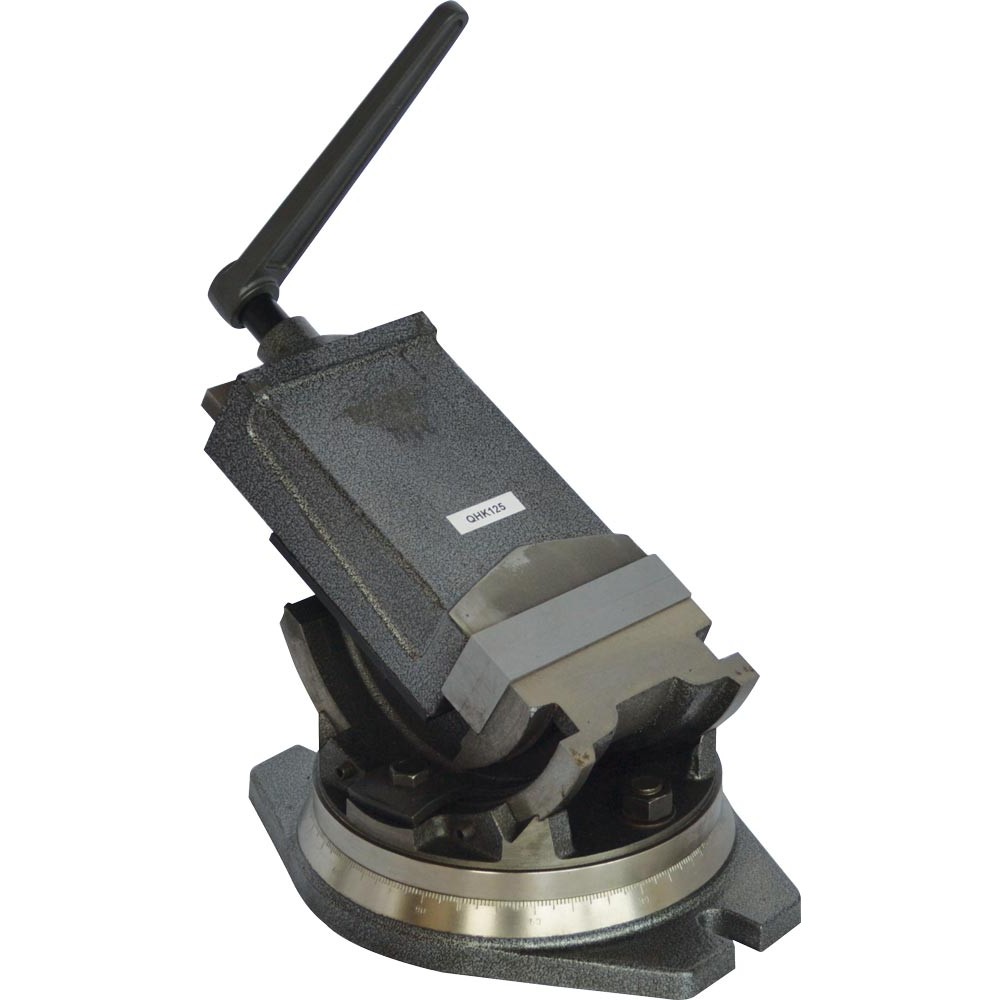
_zkmmzopp1k.jpg)
